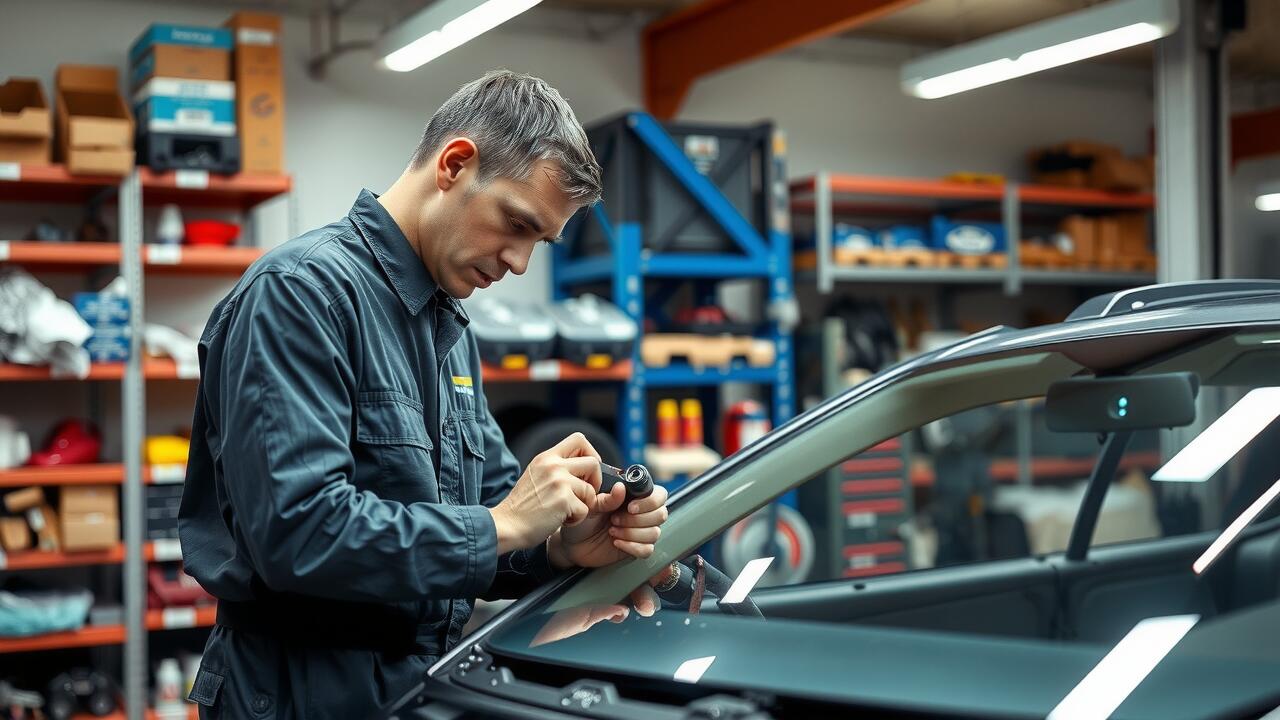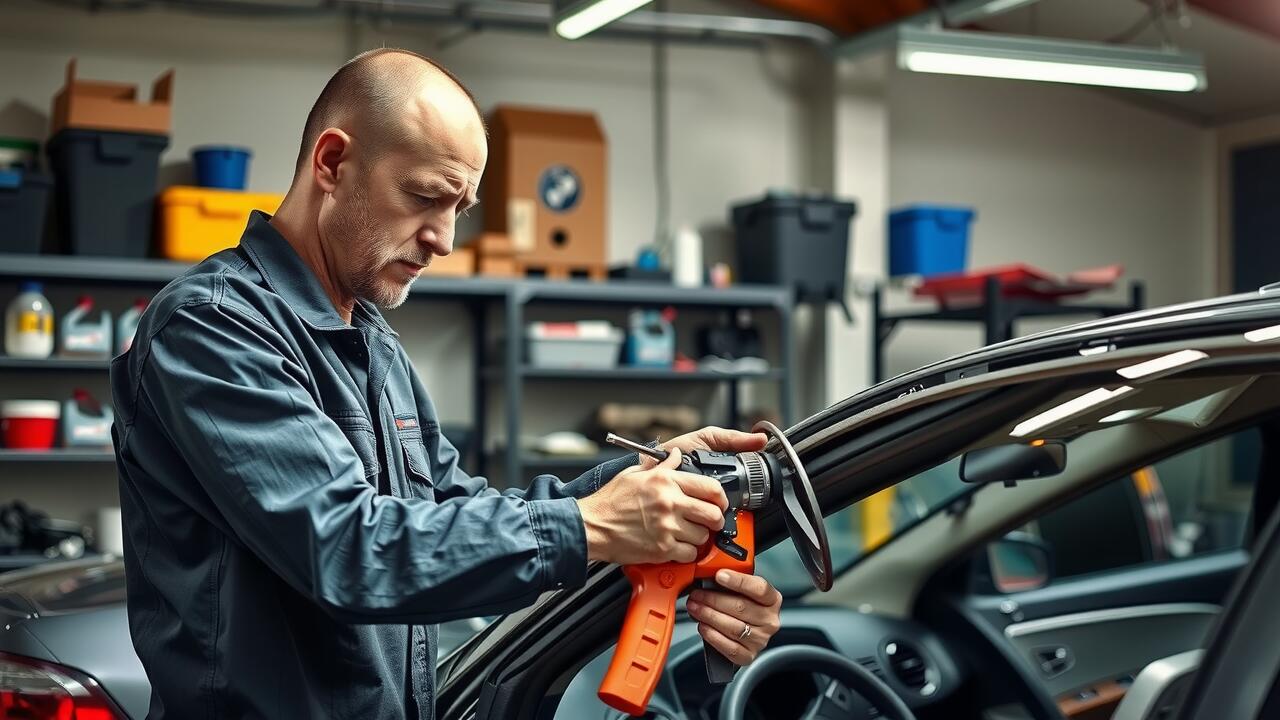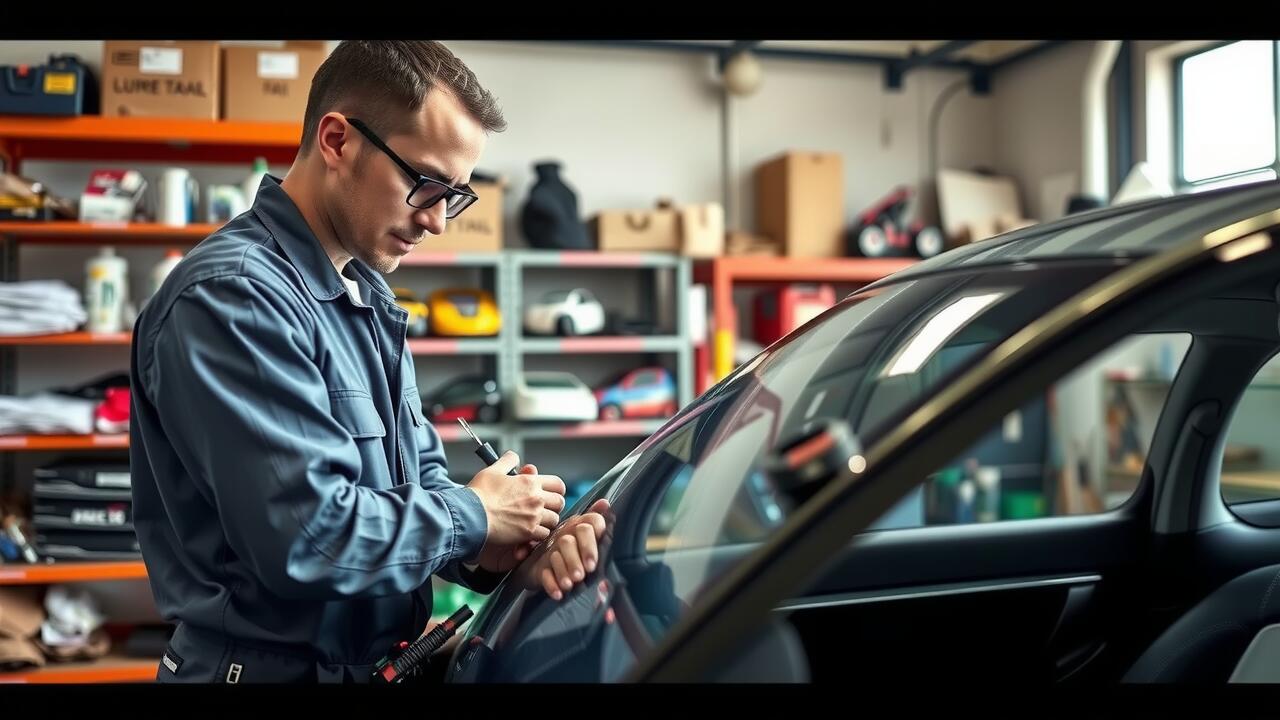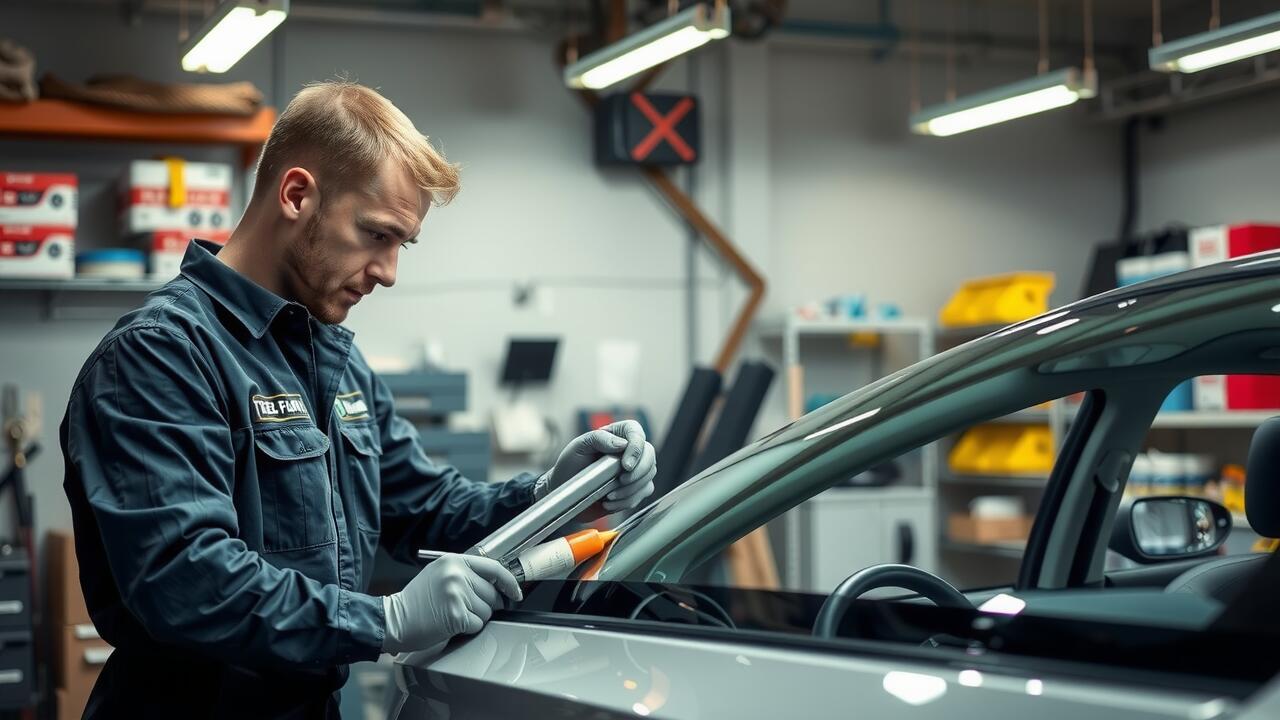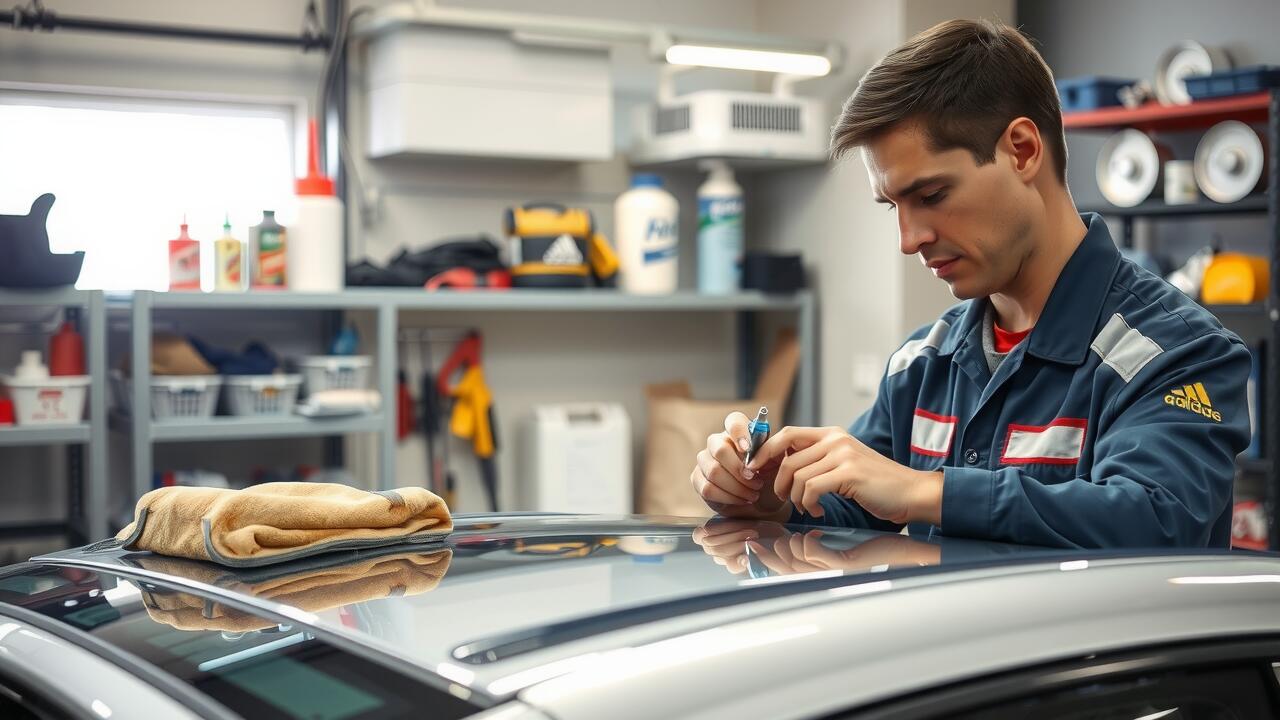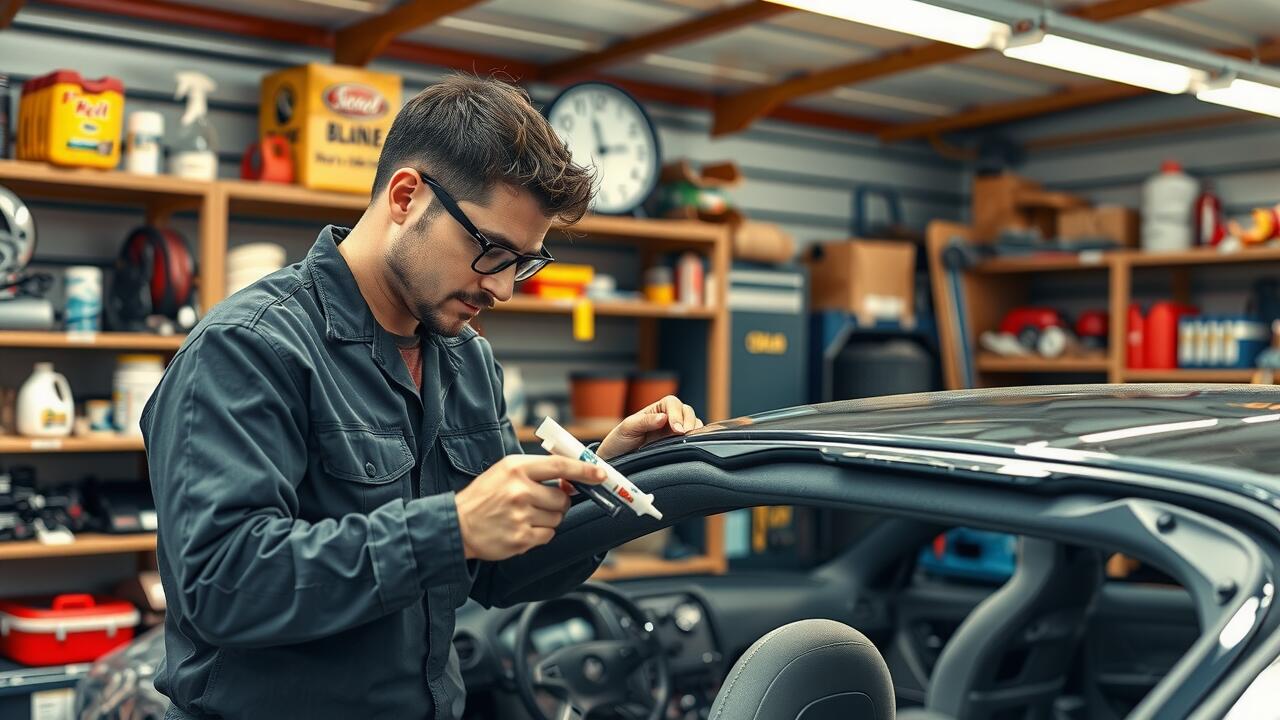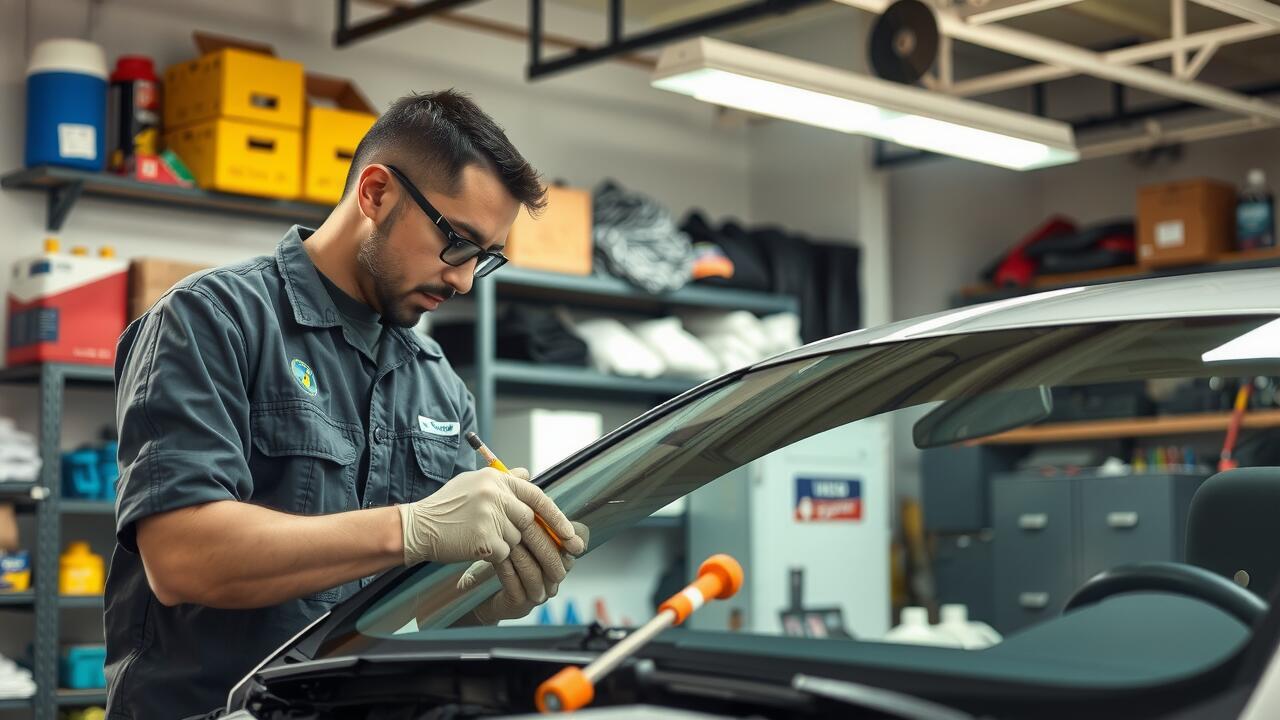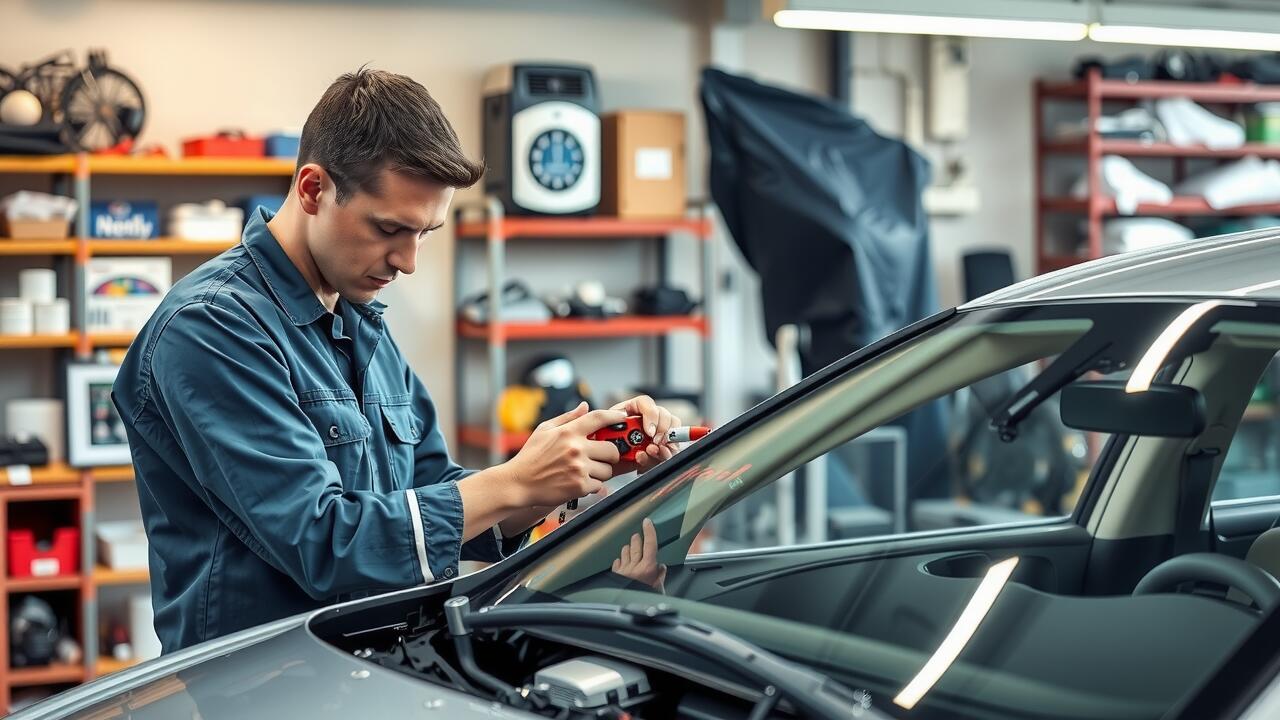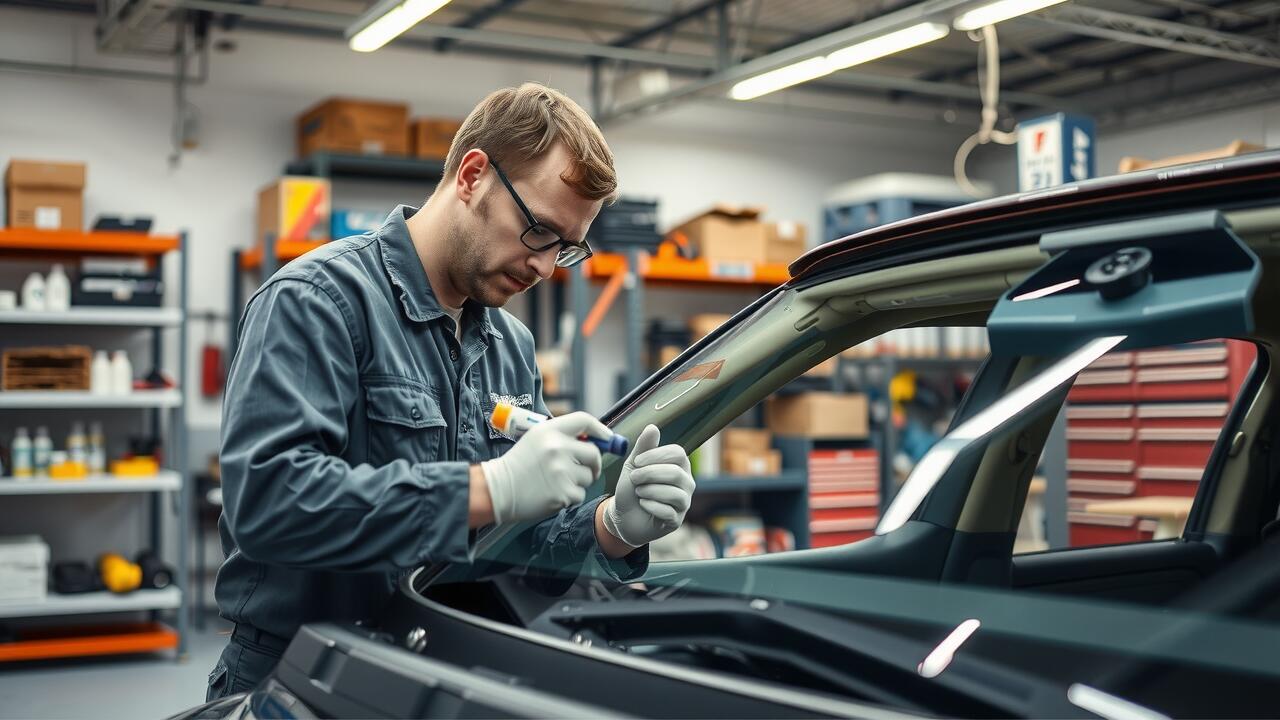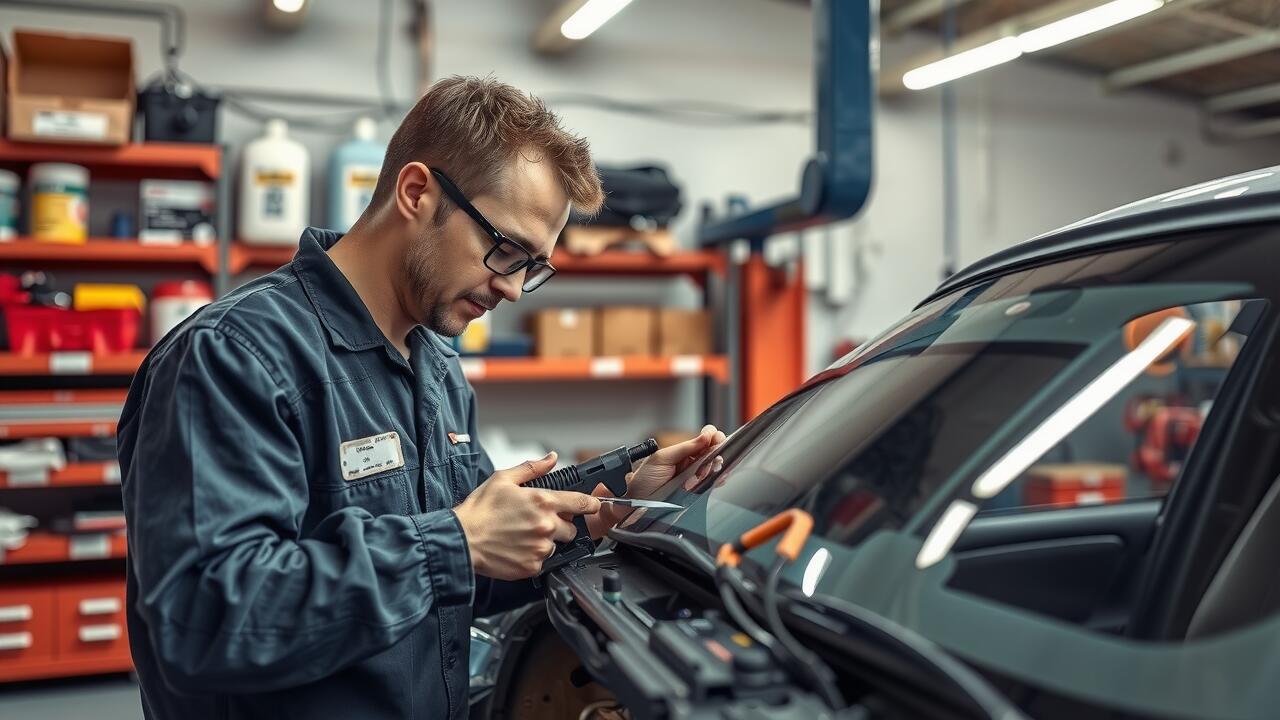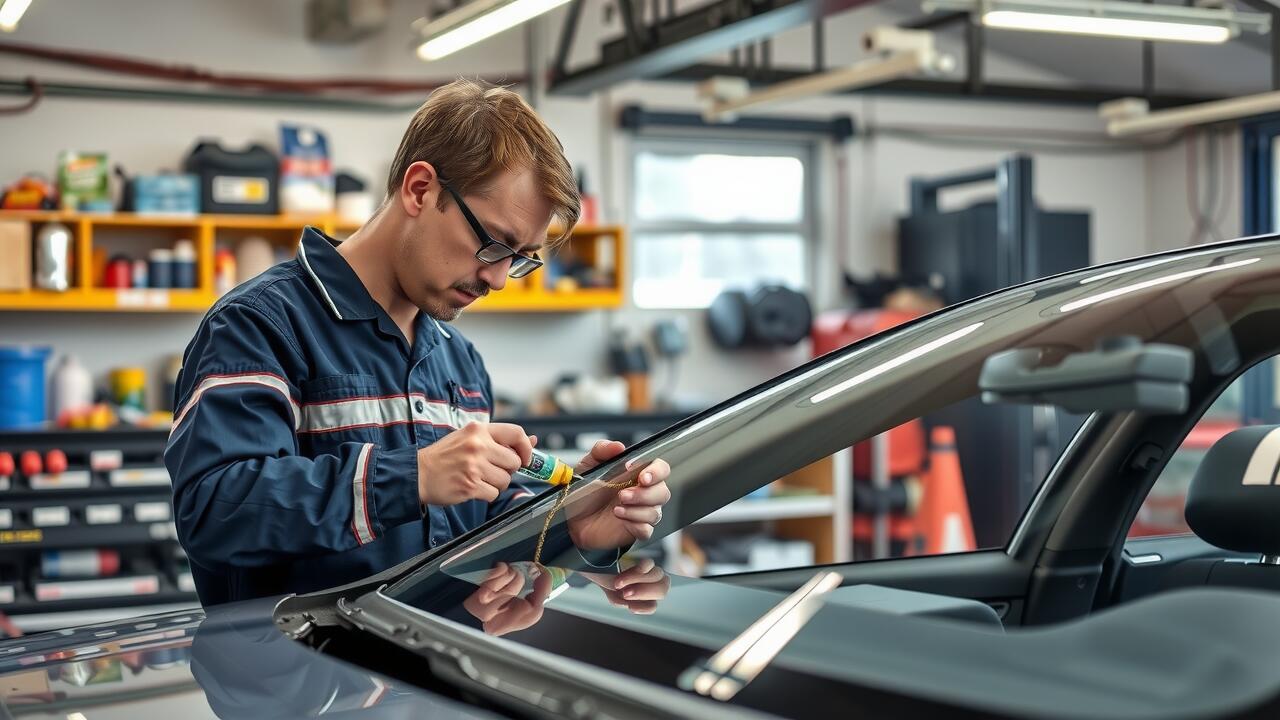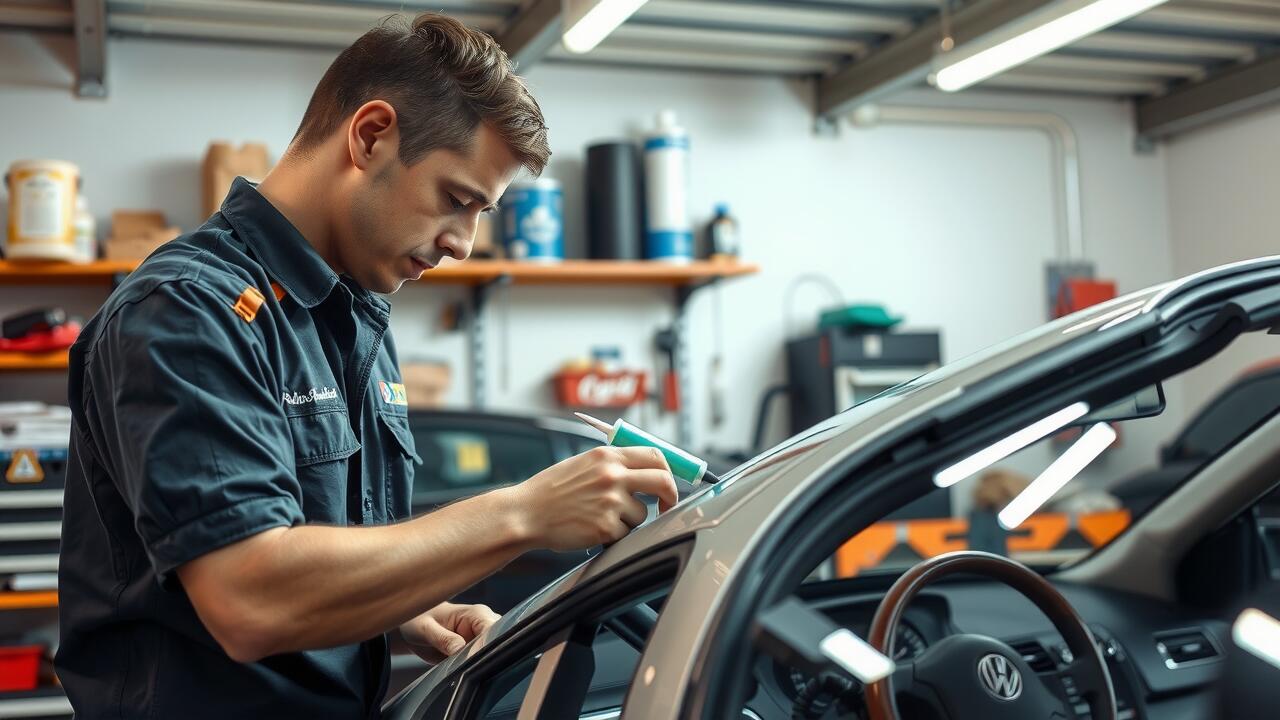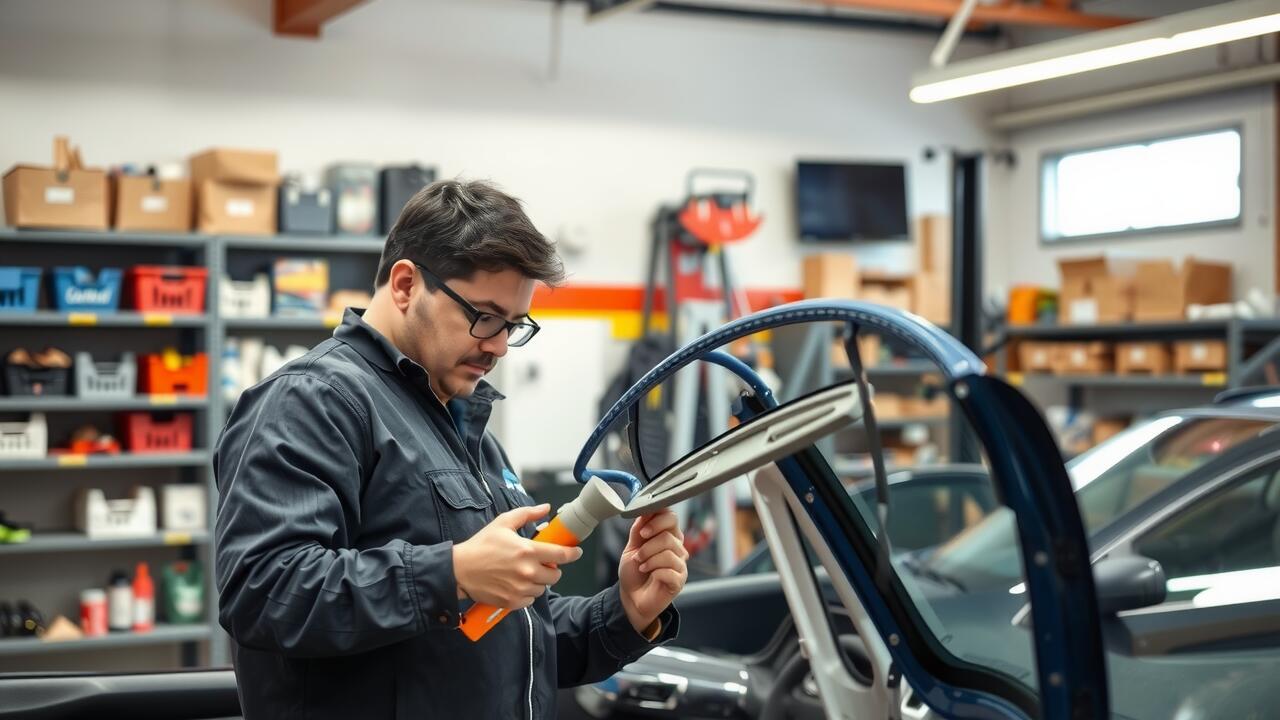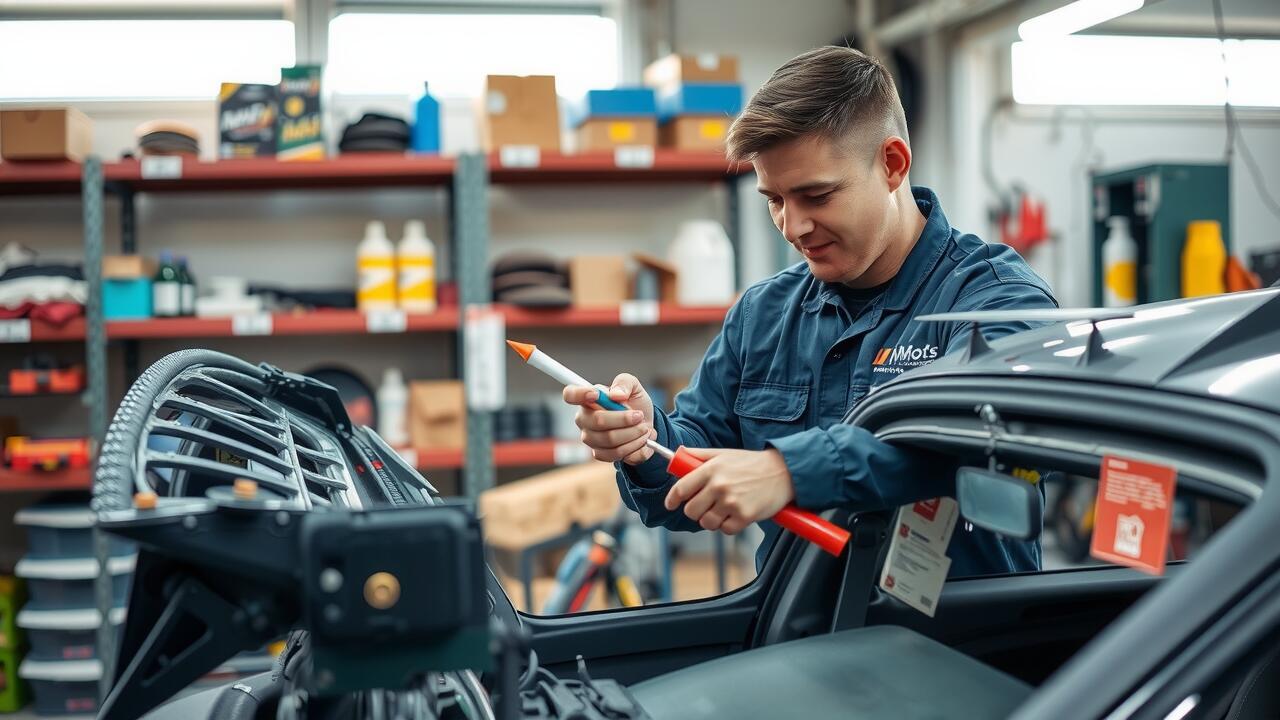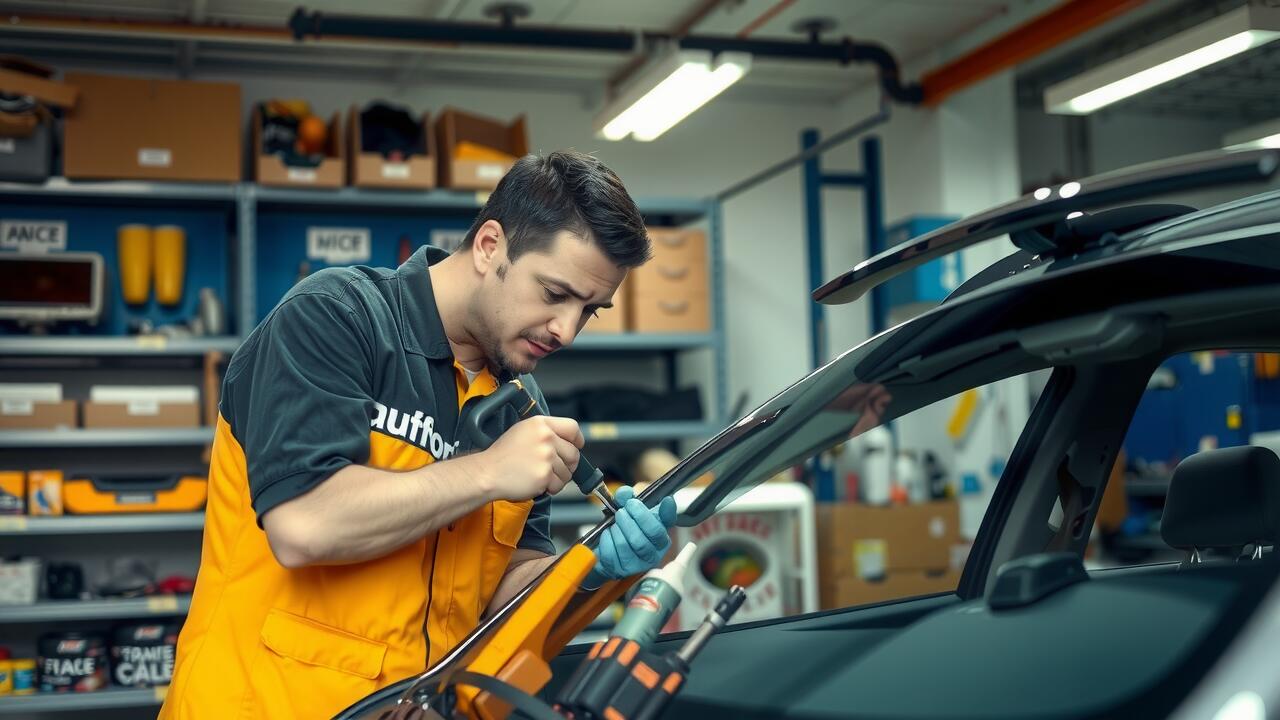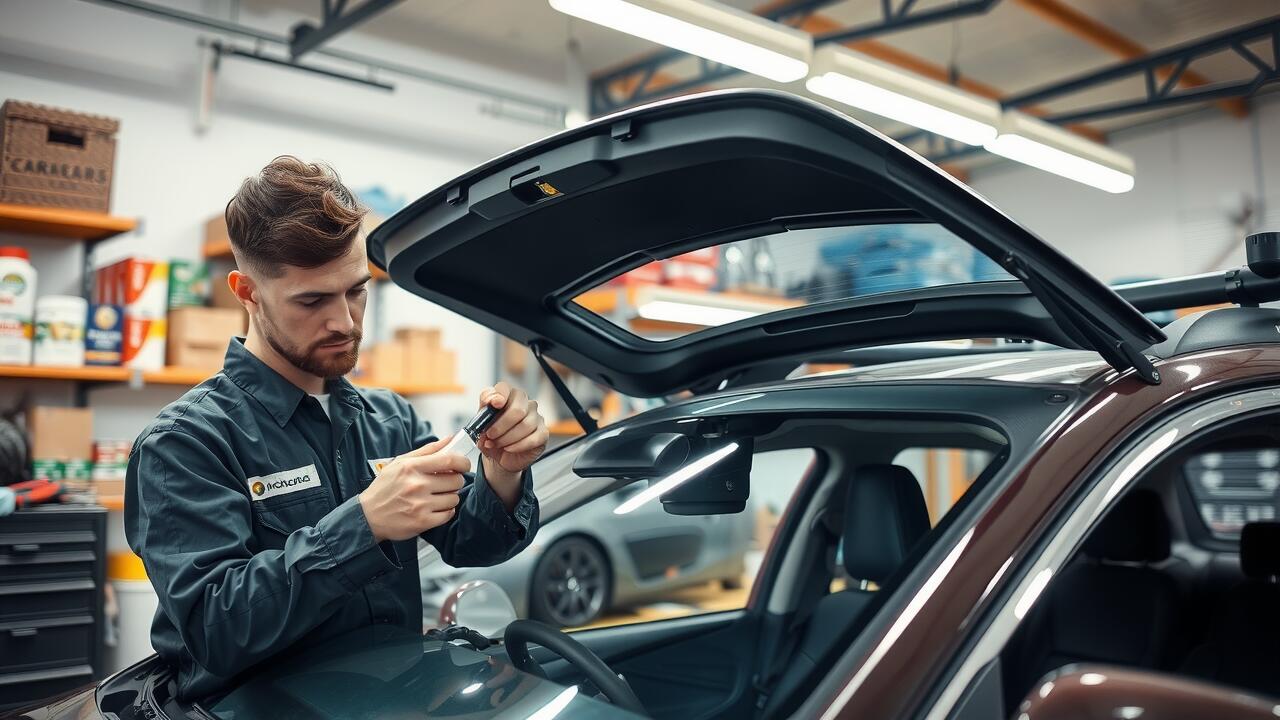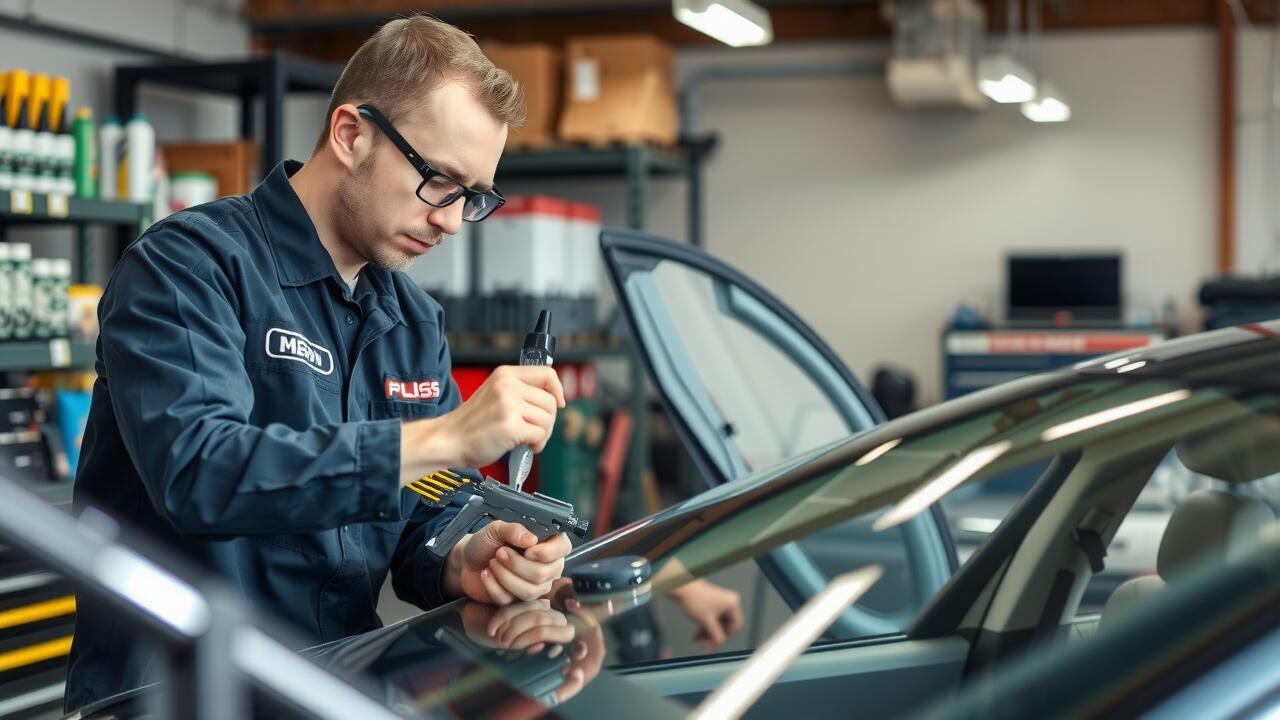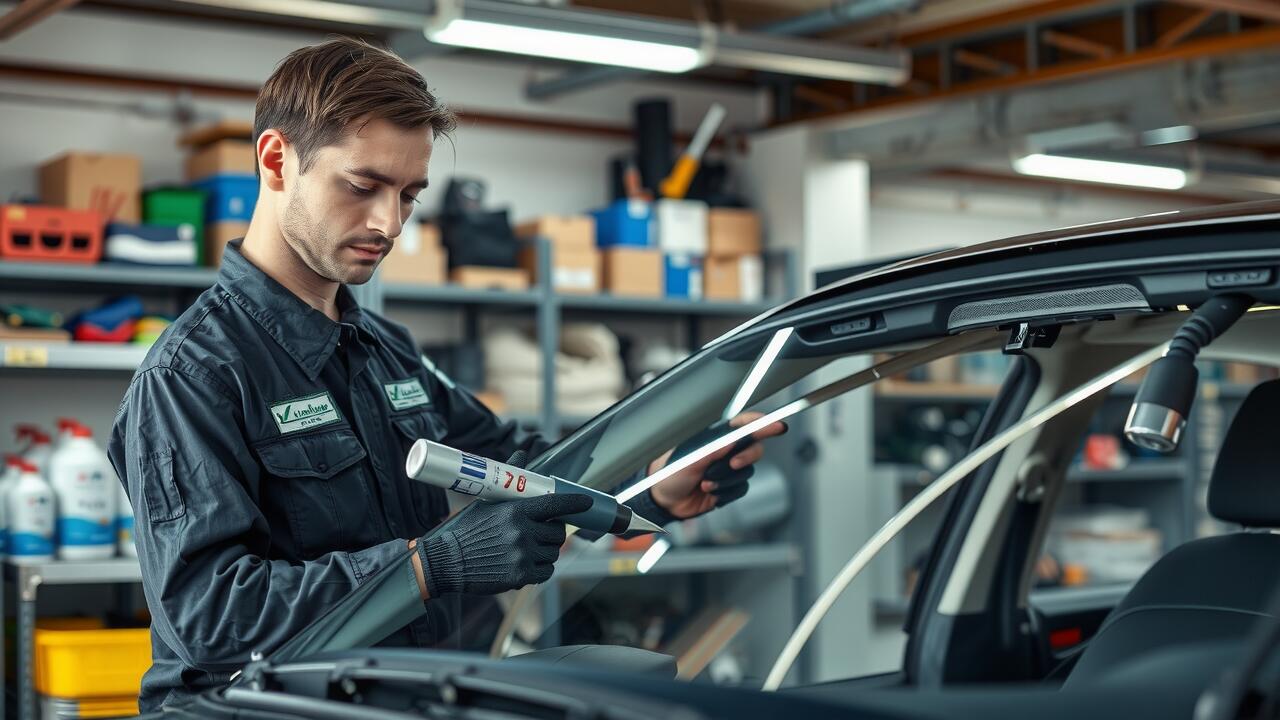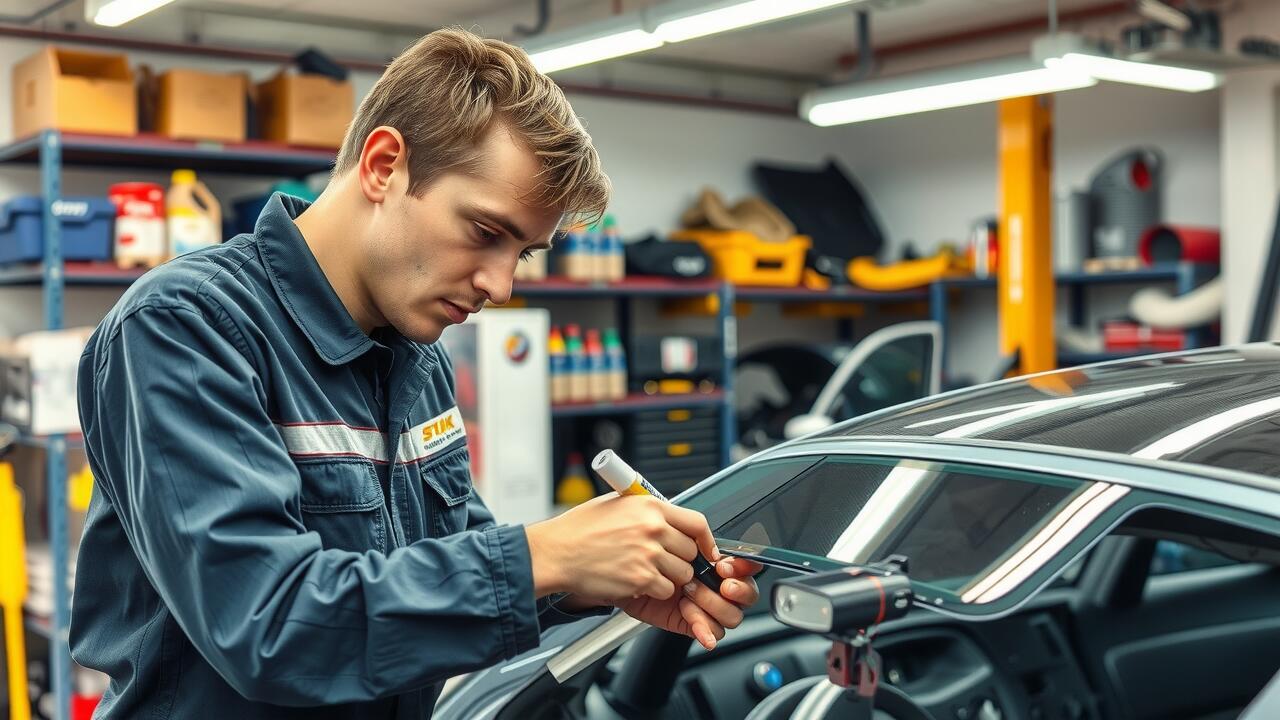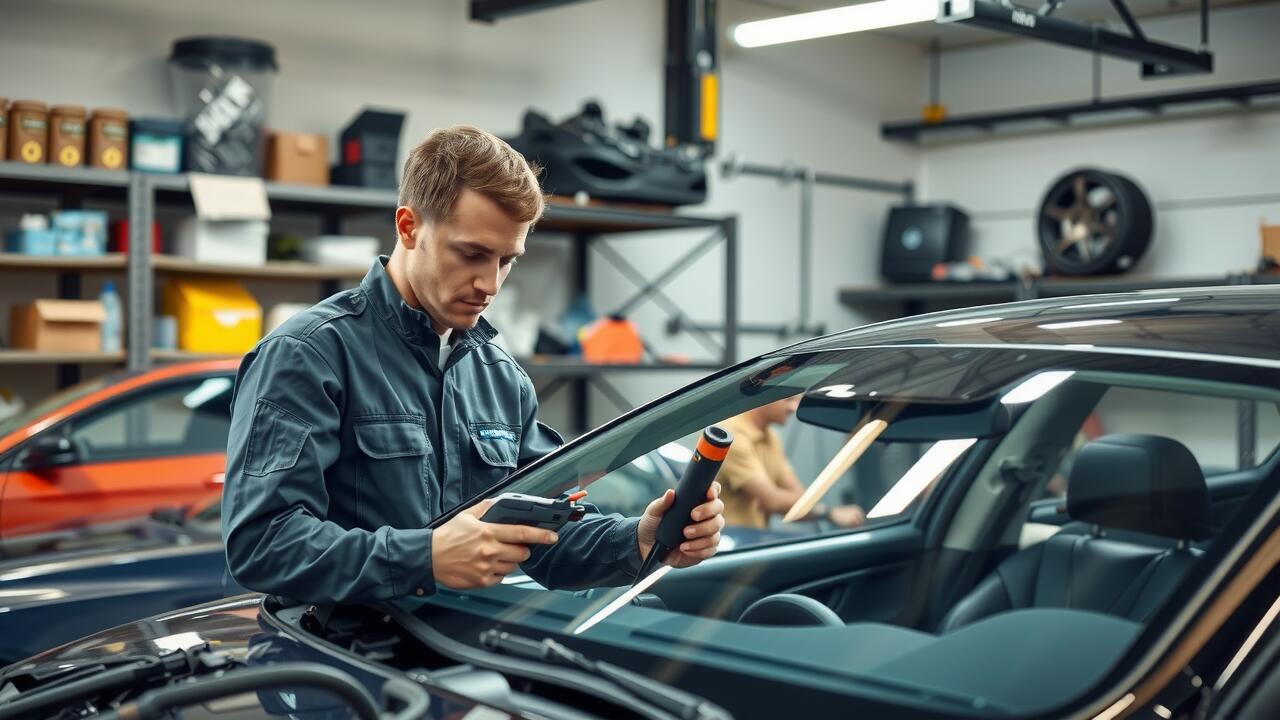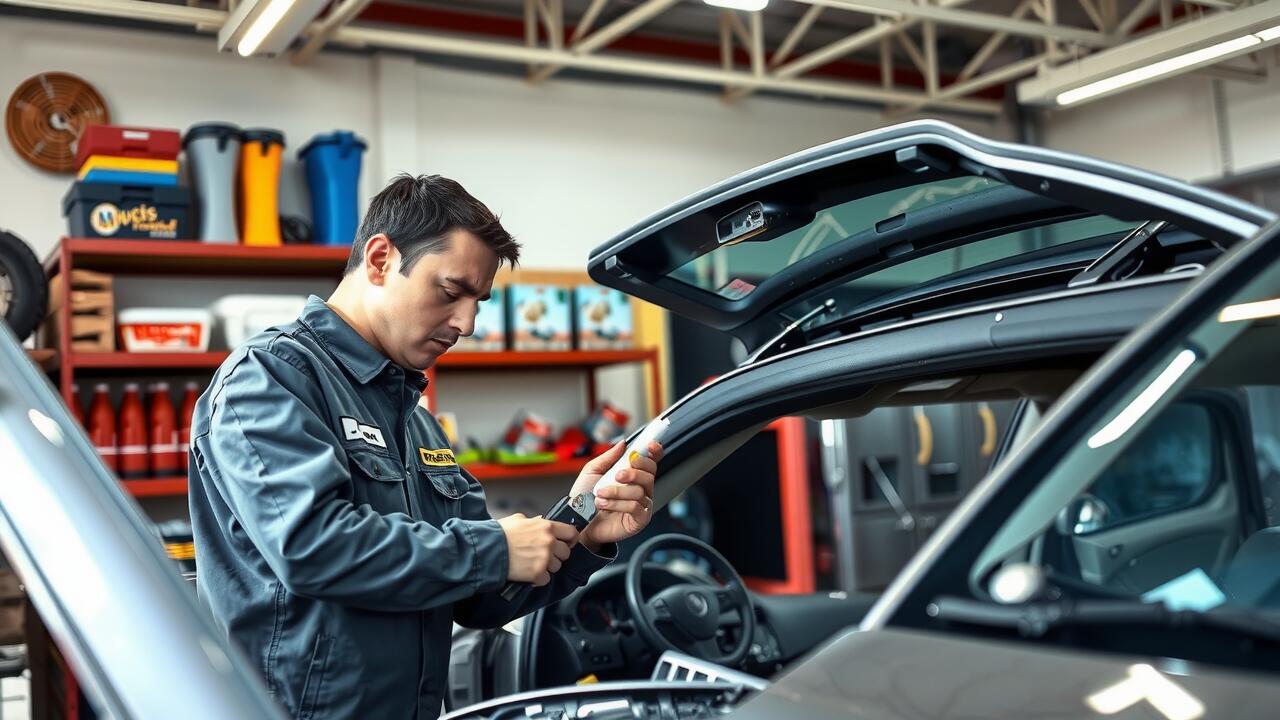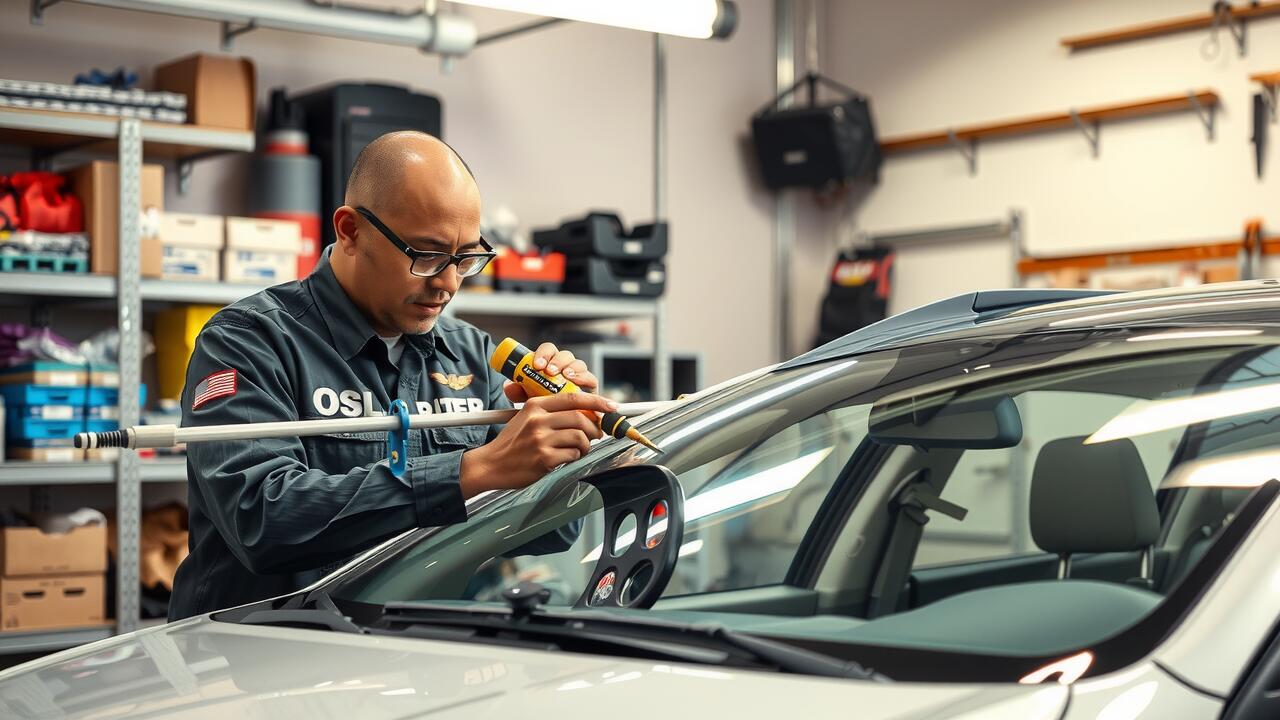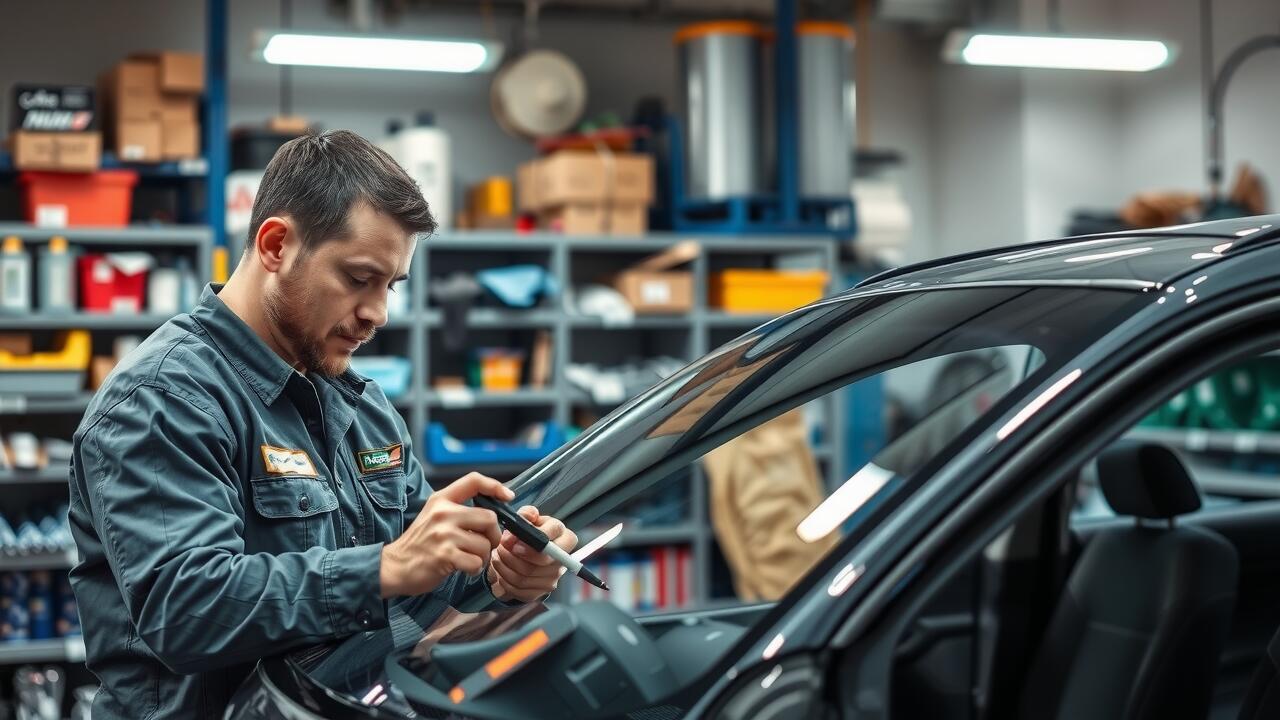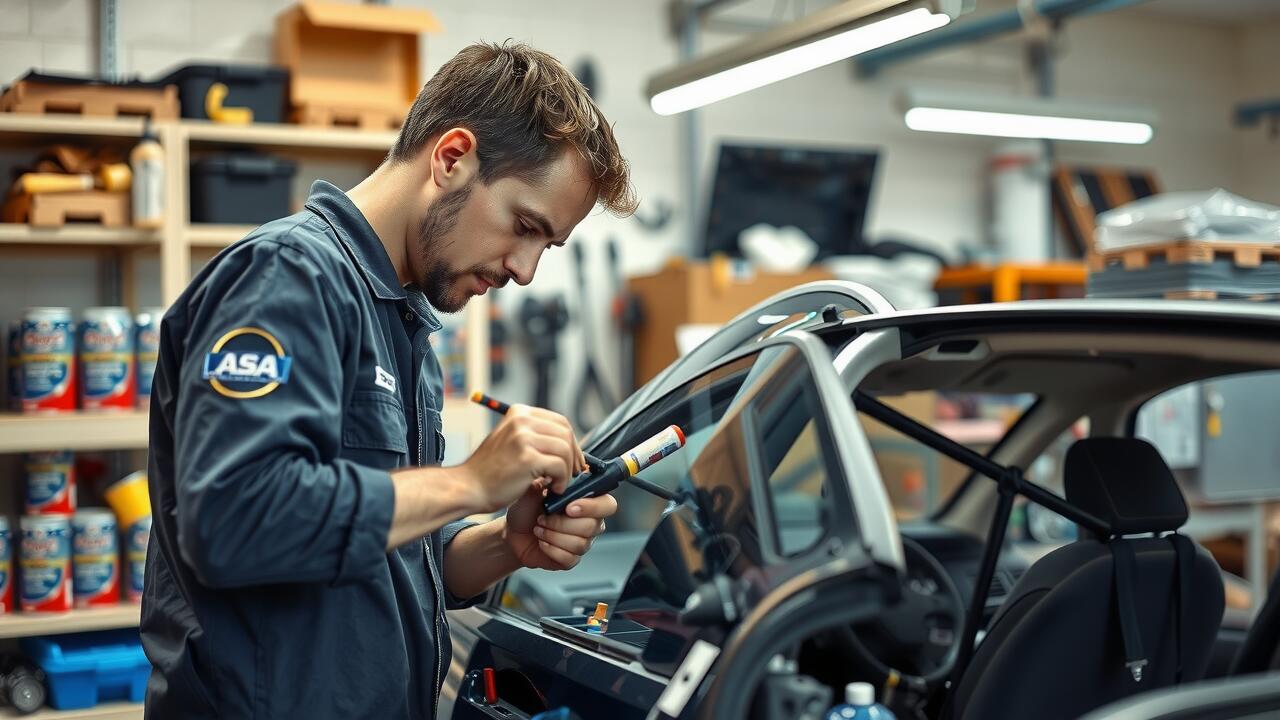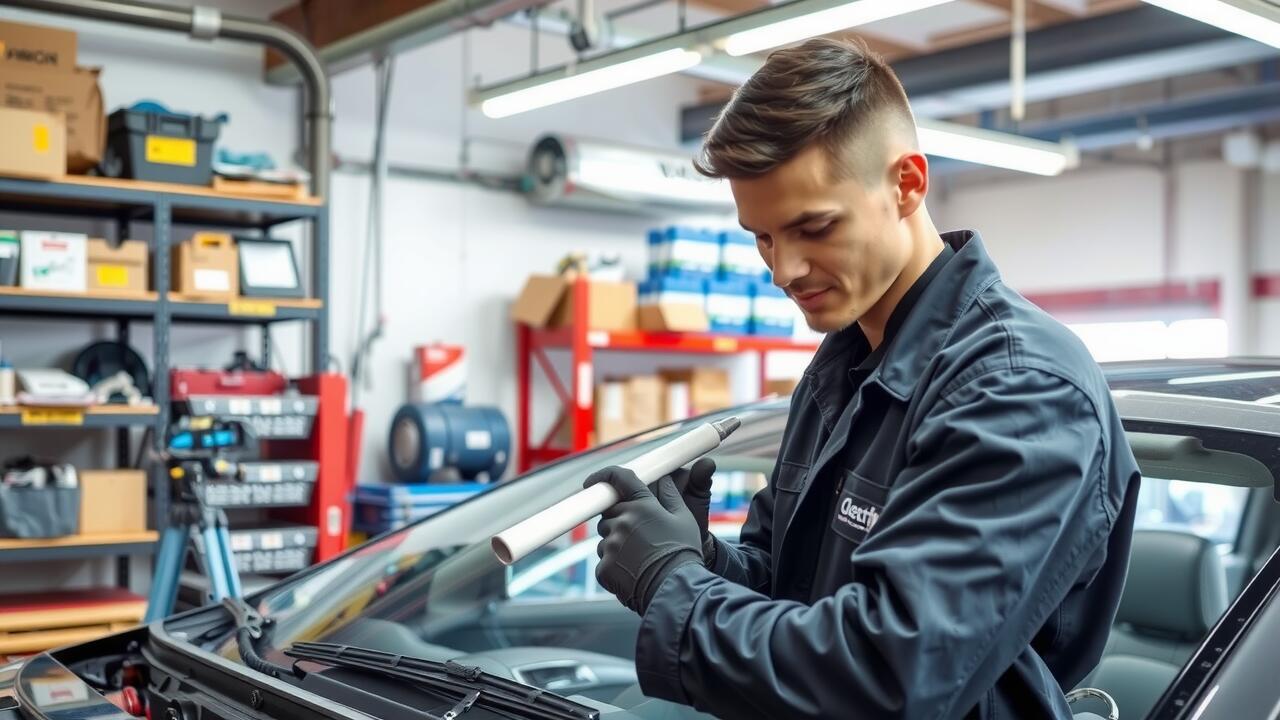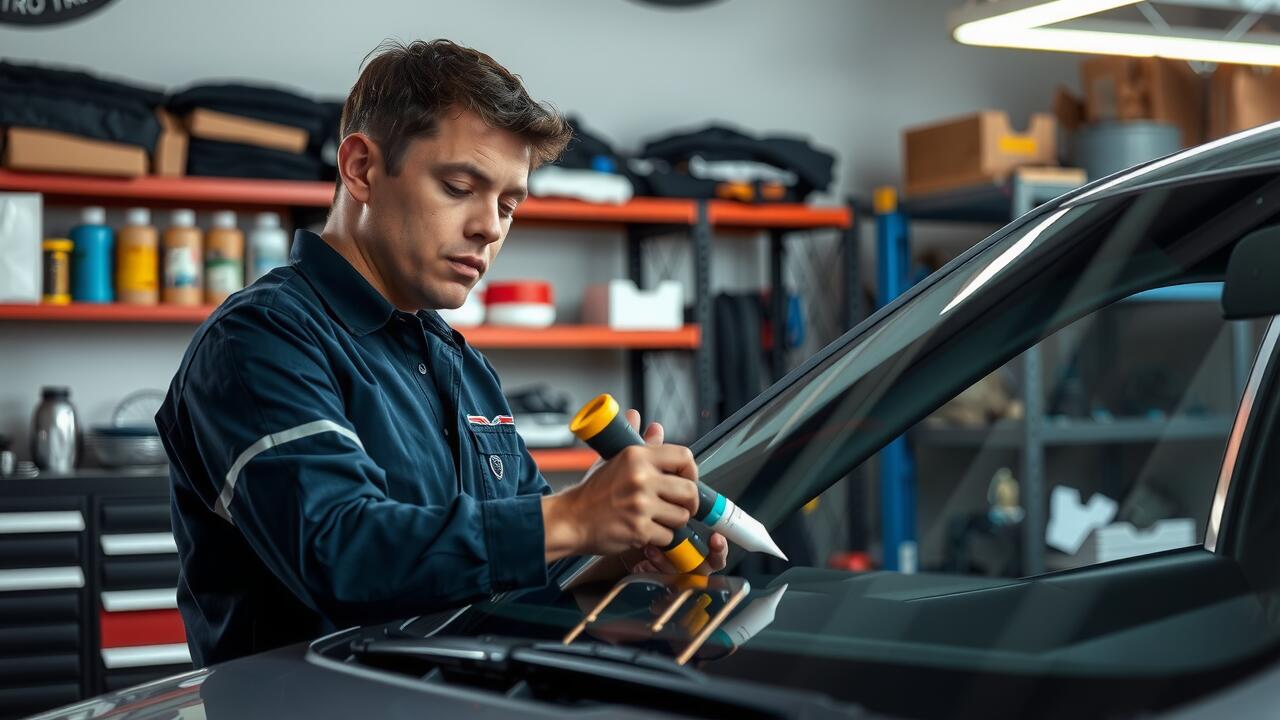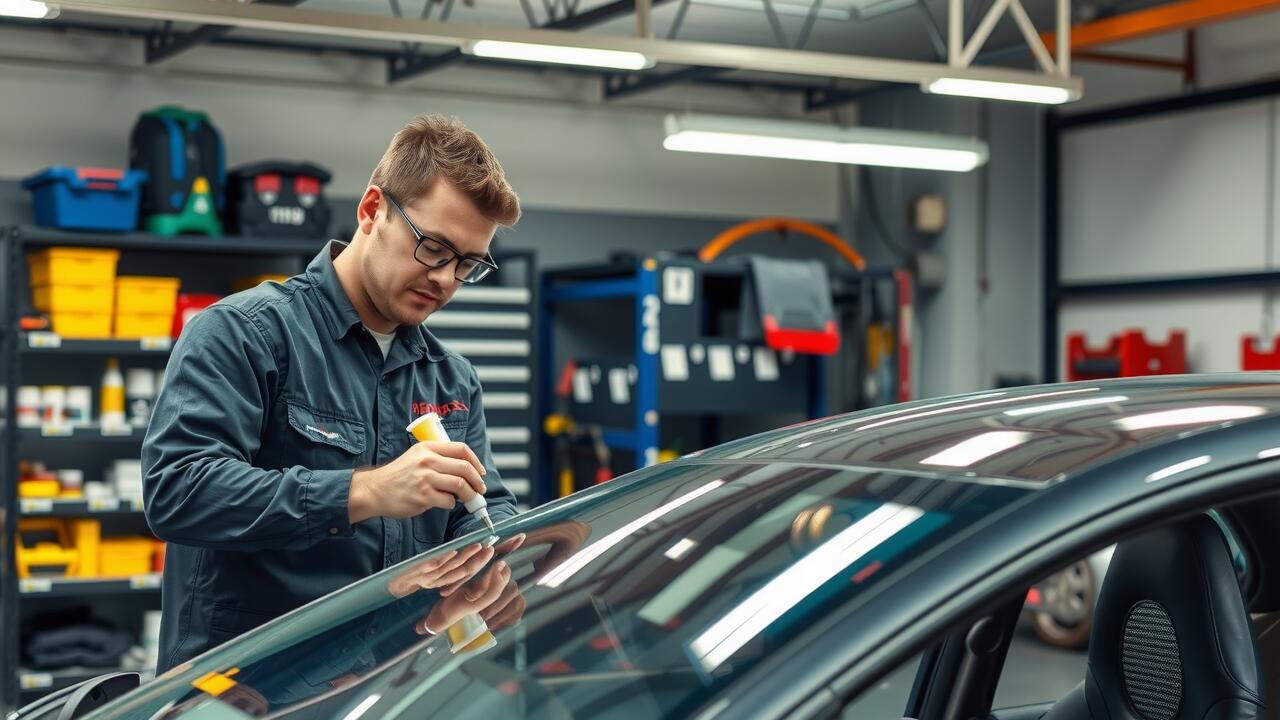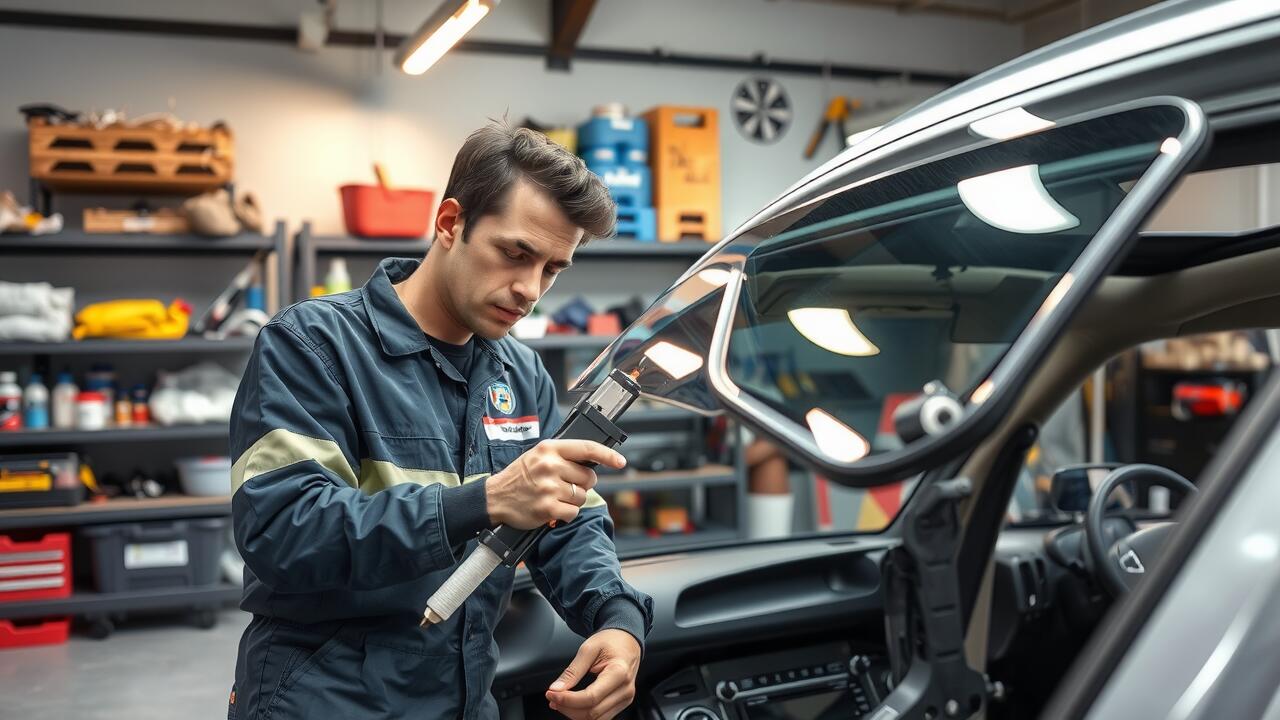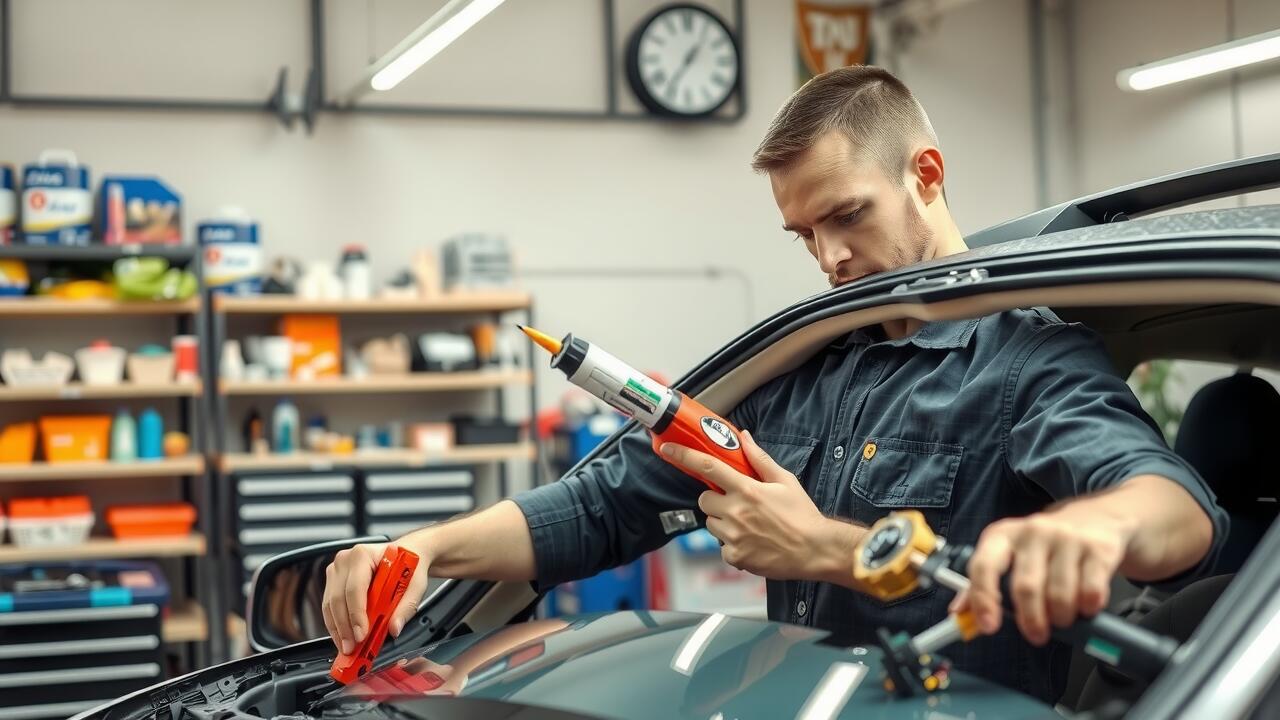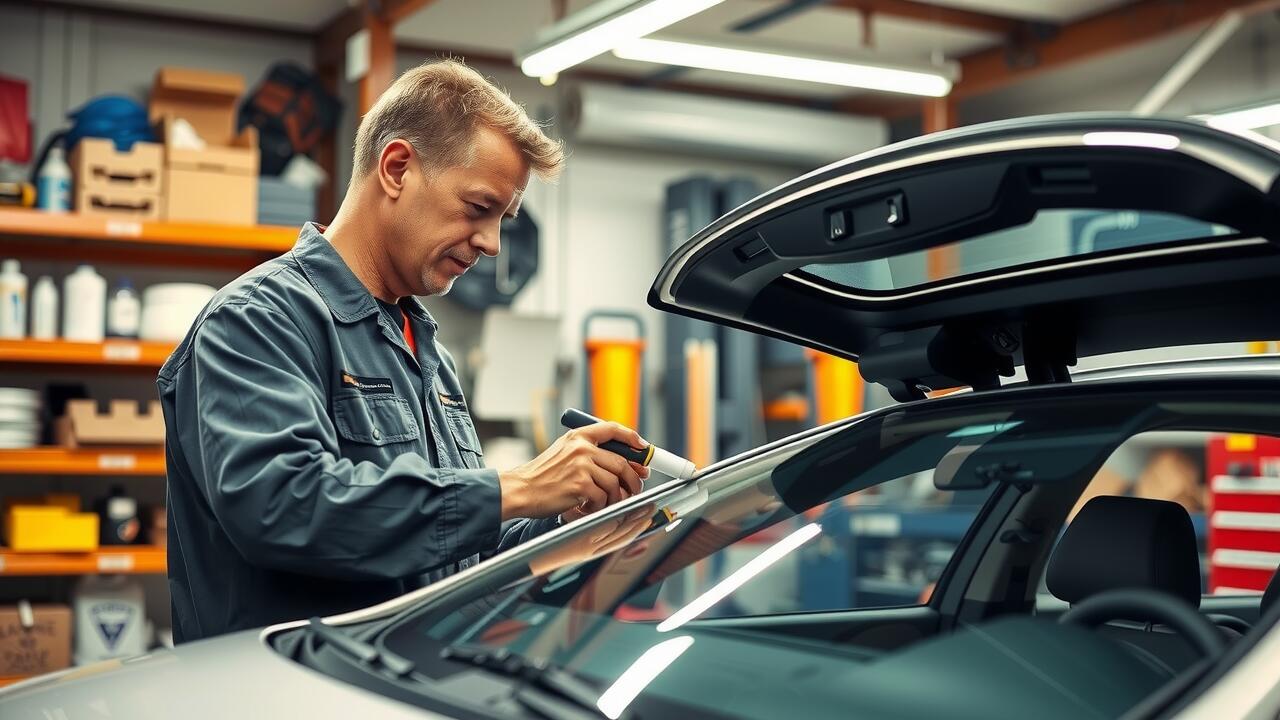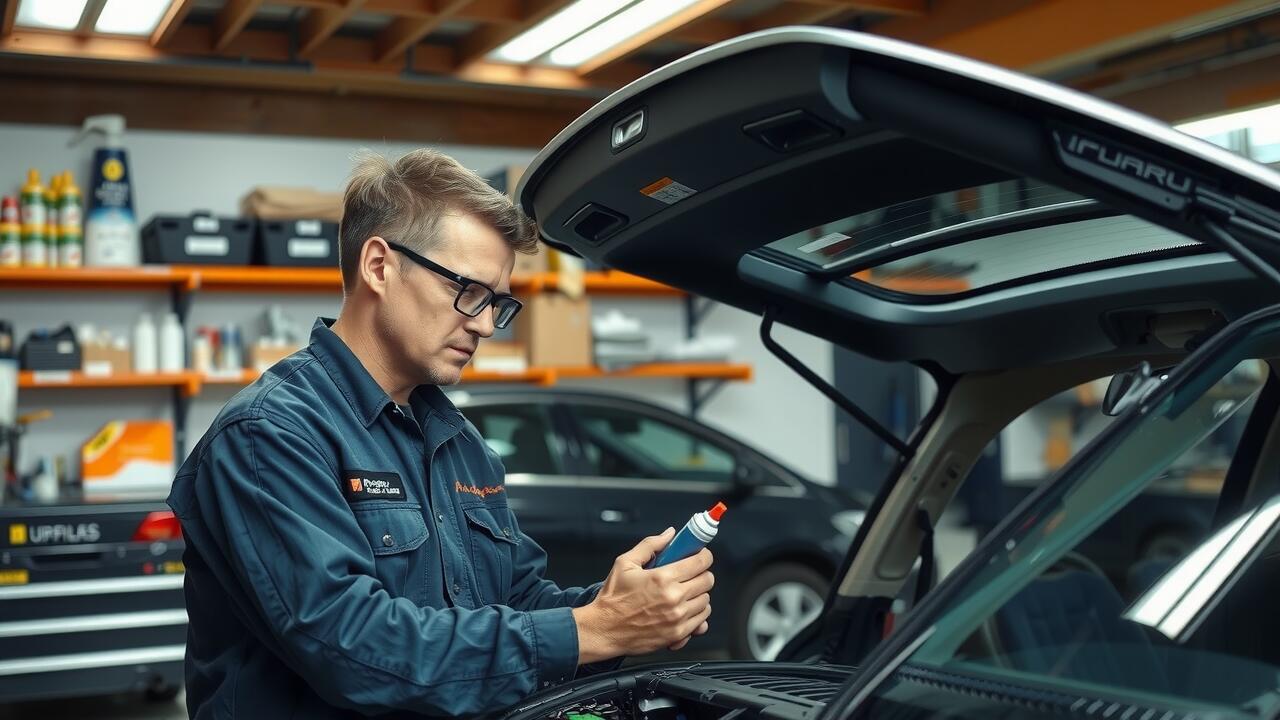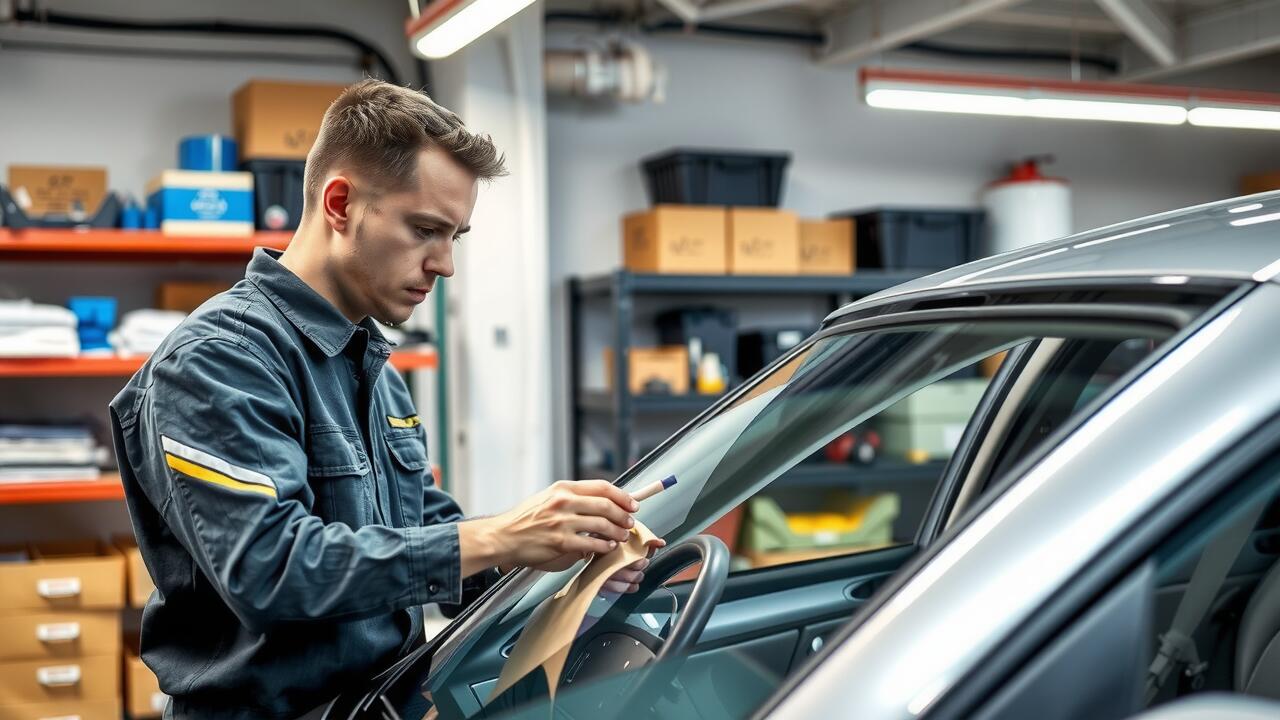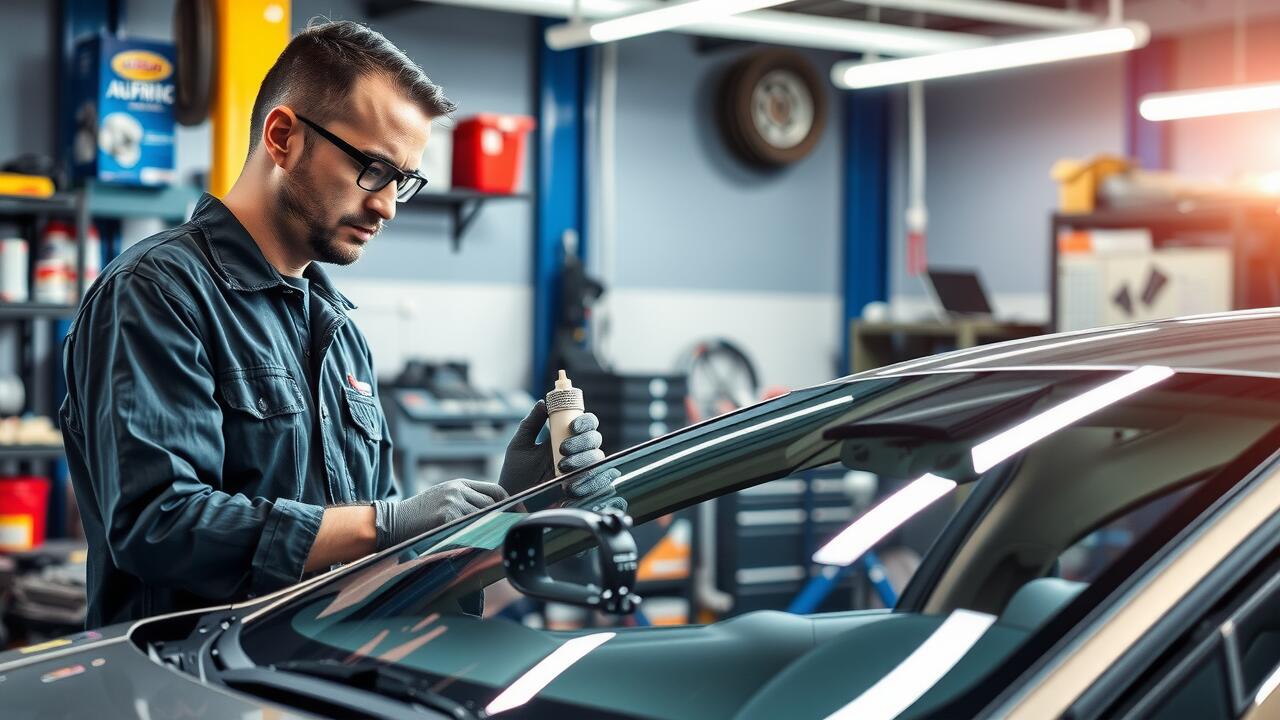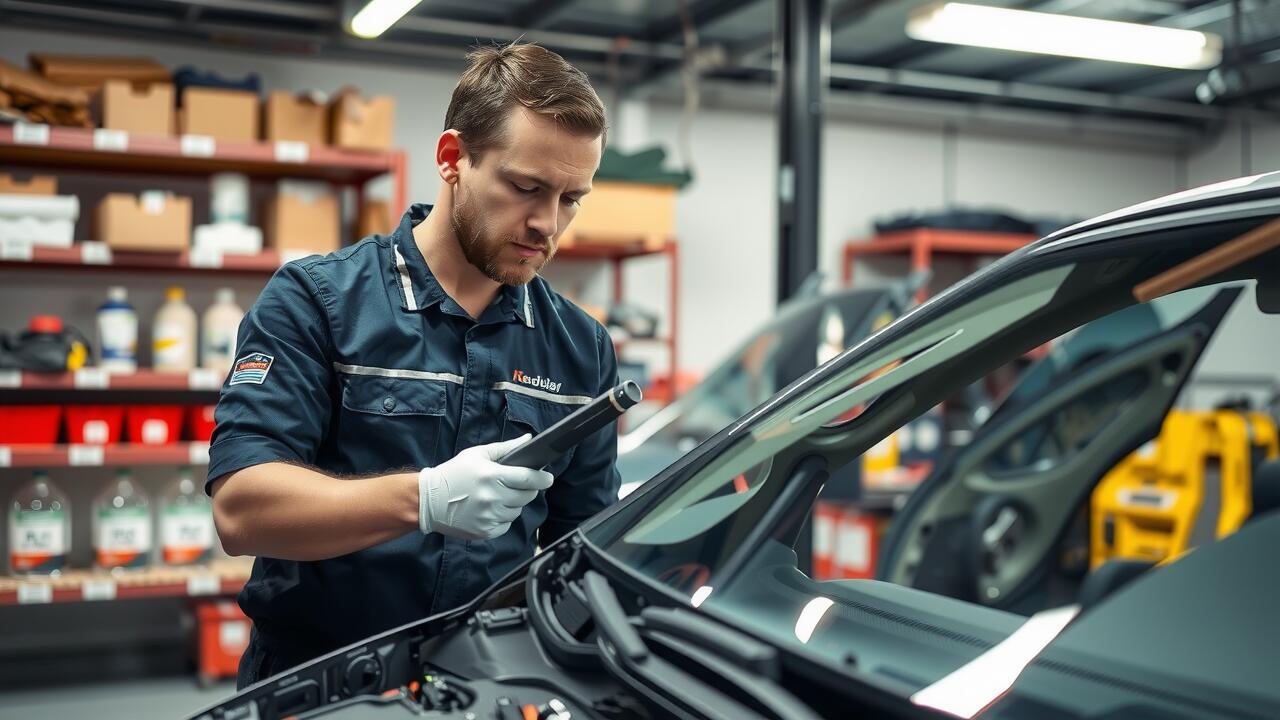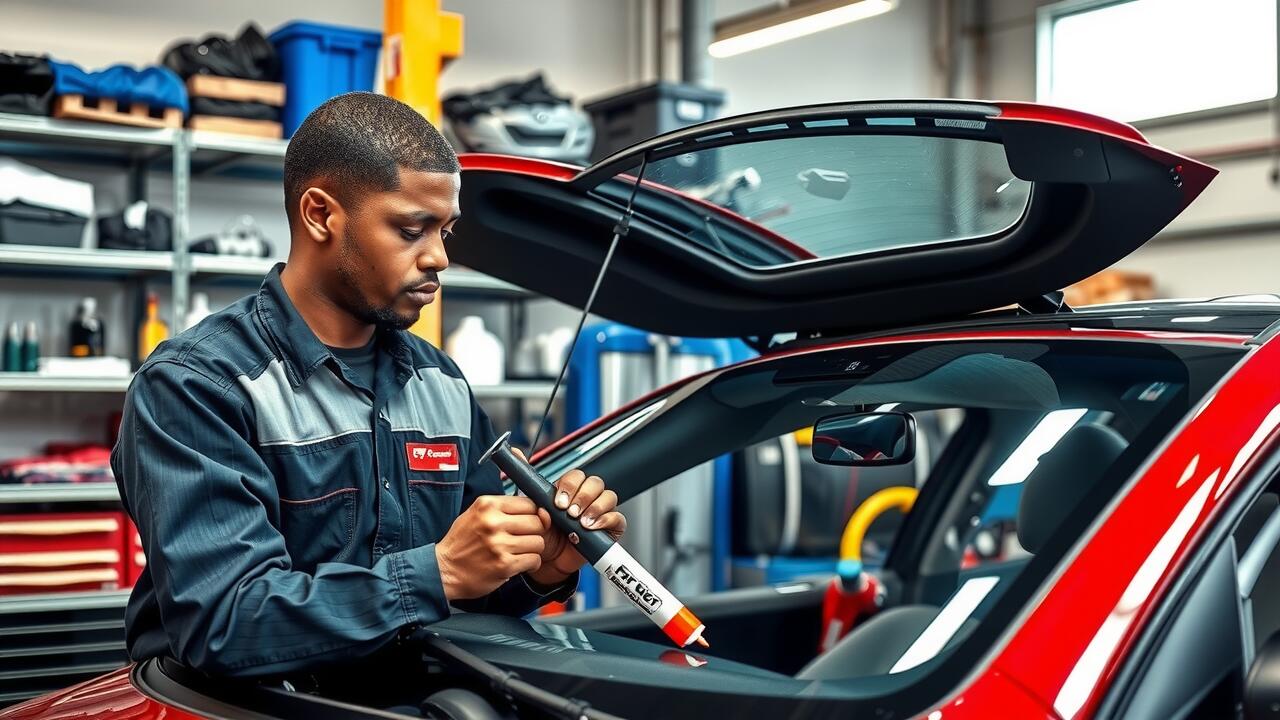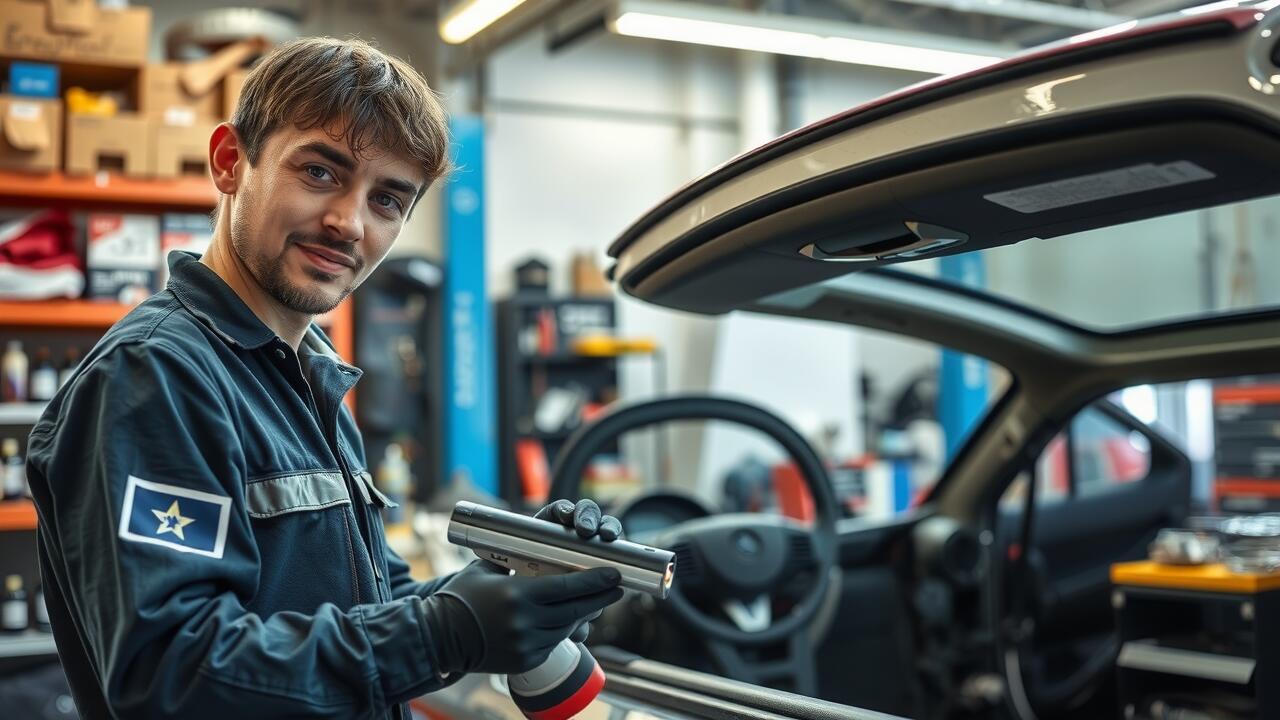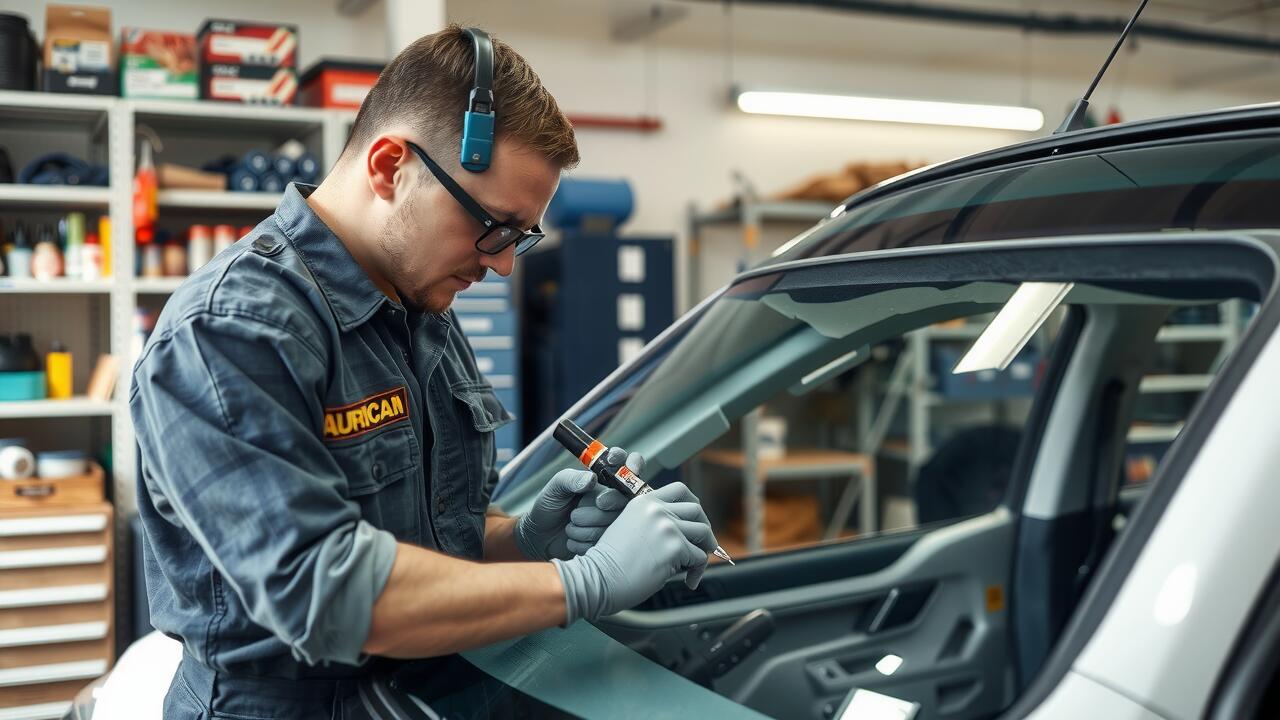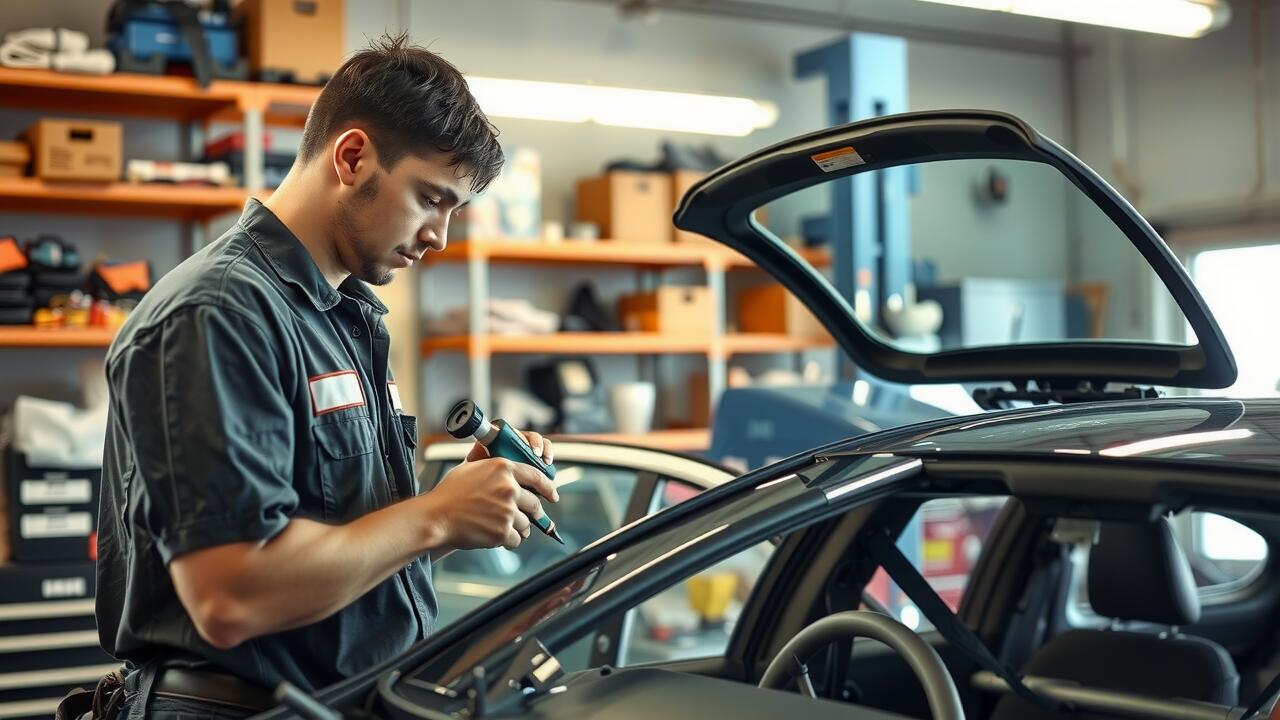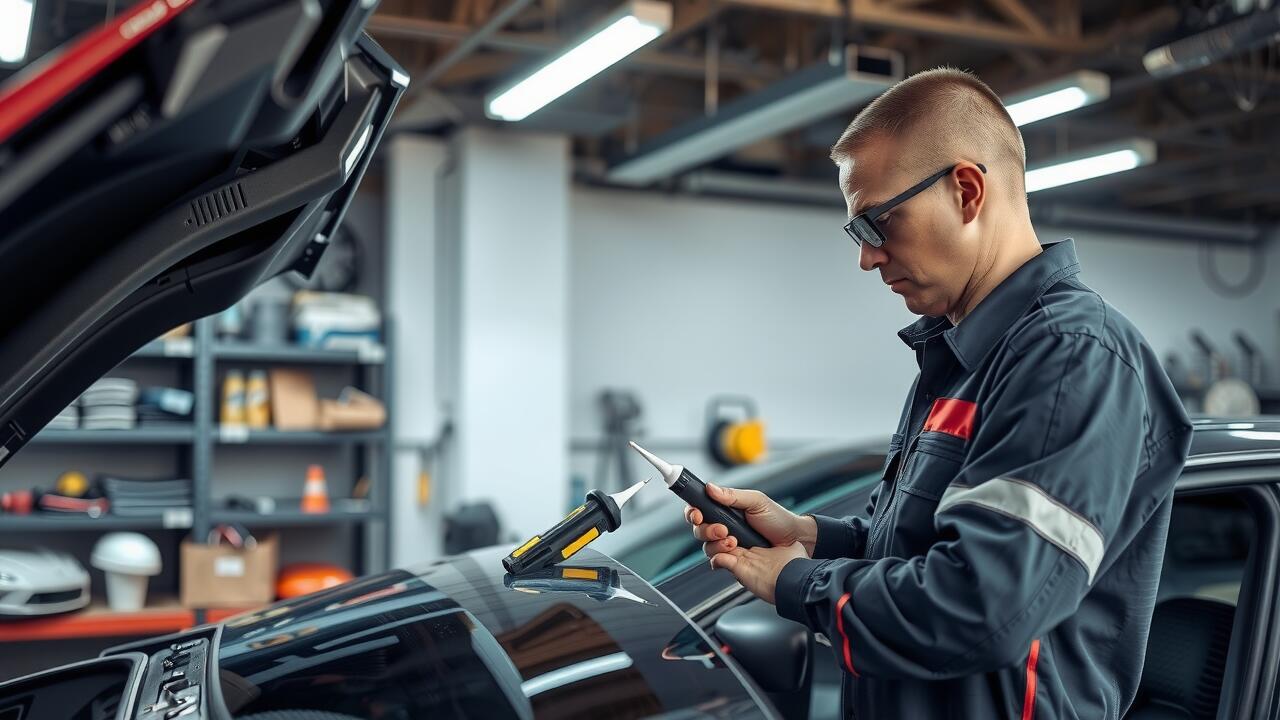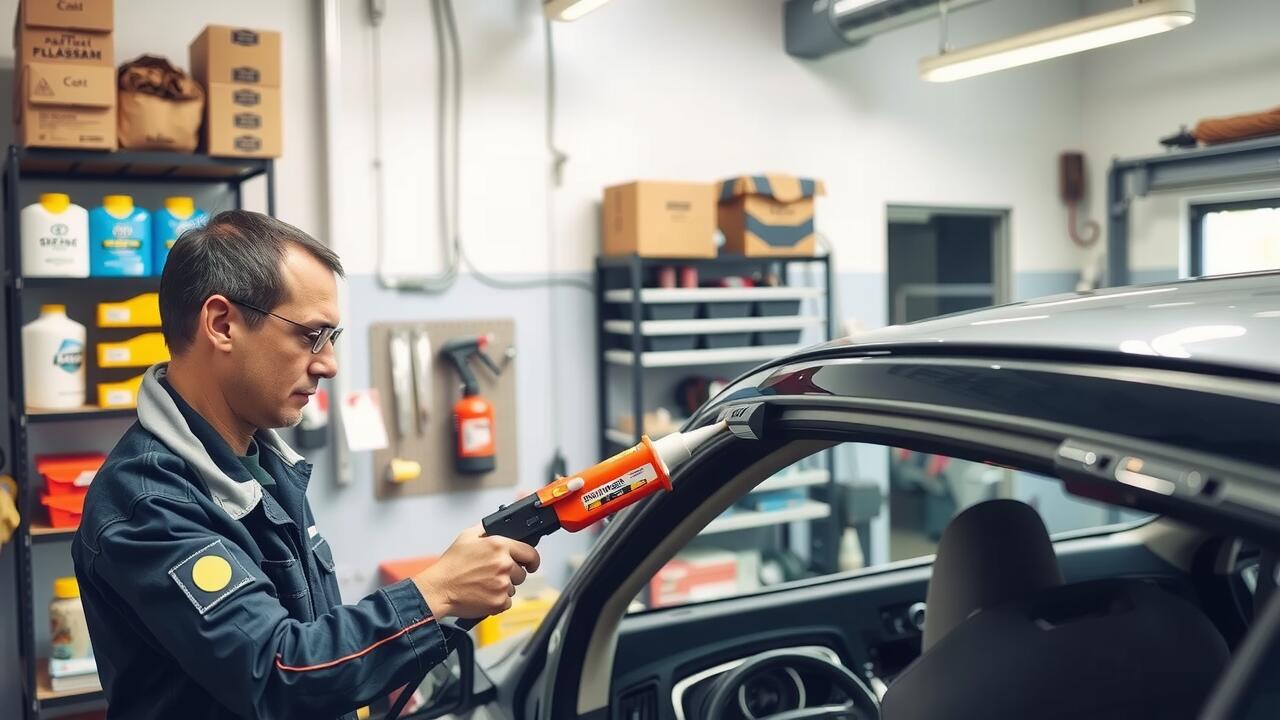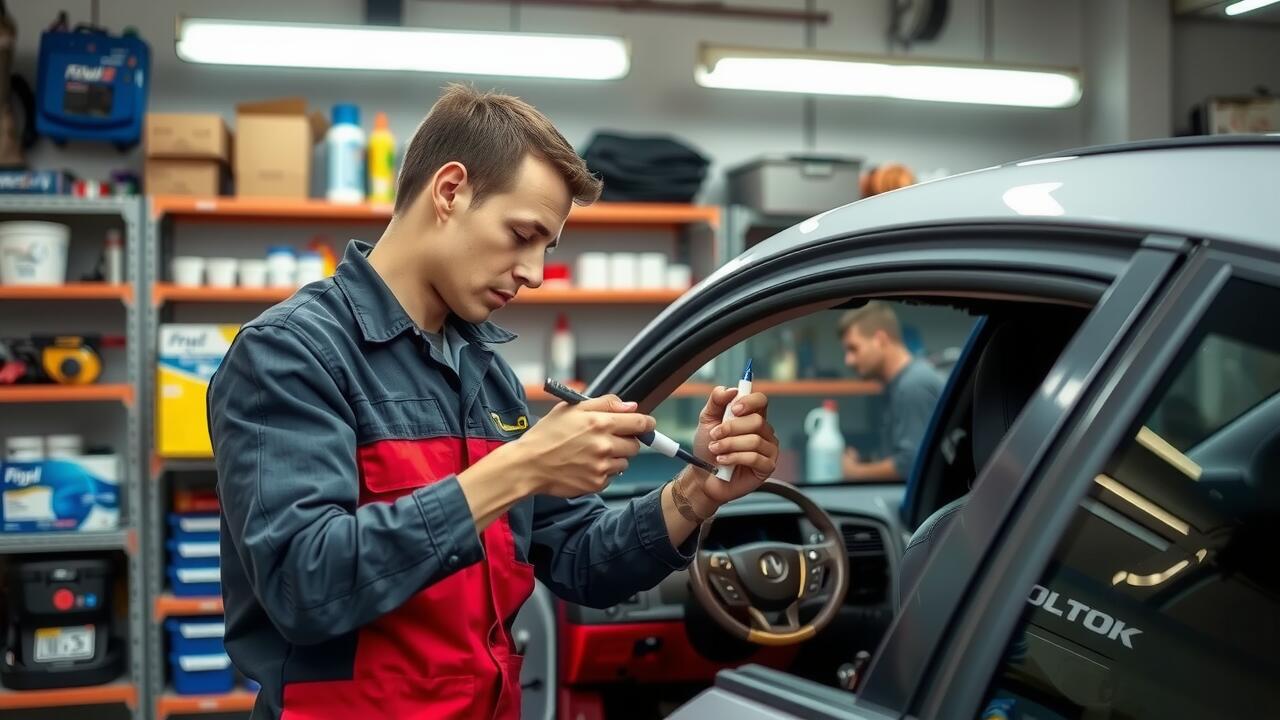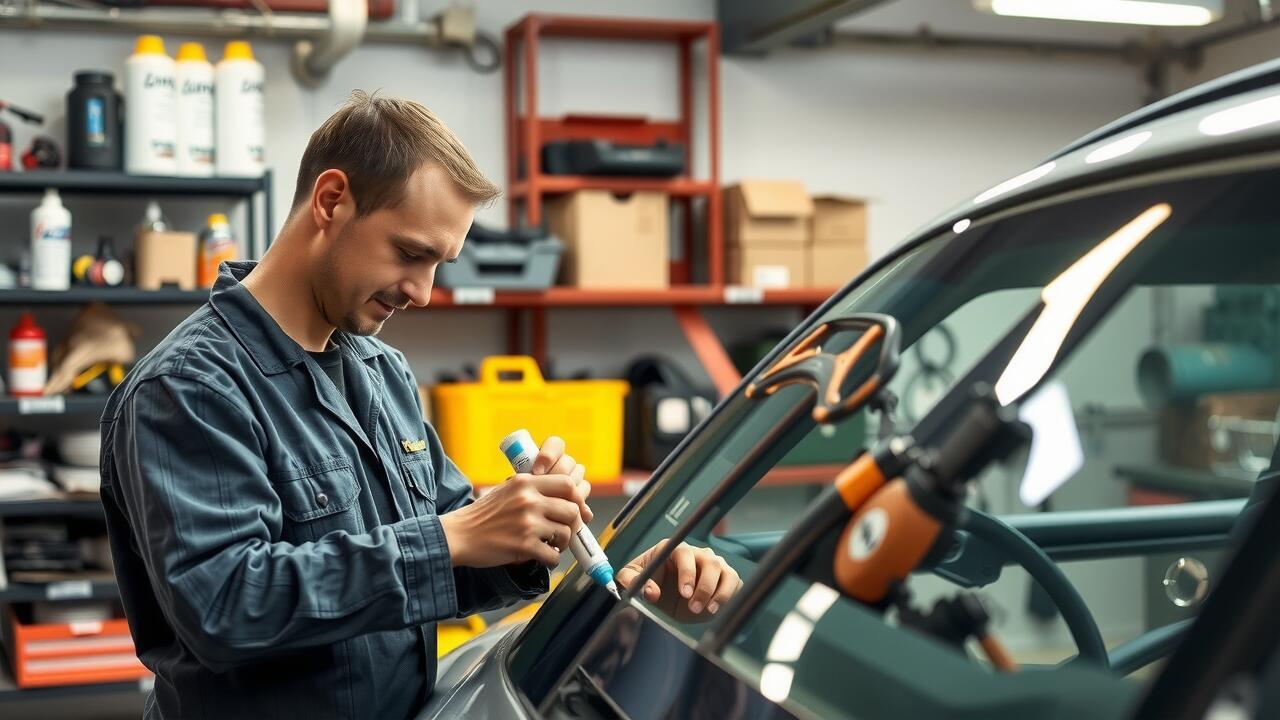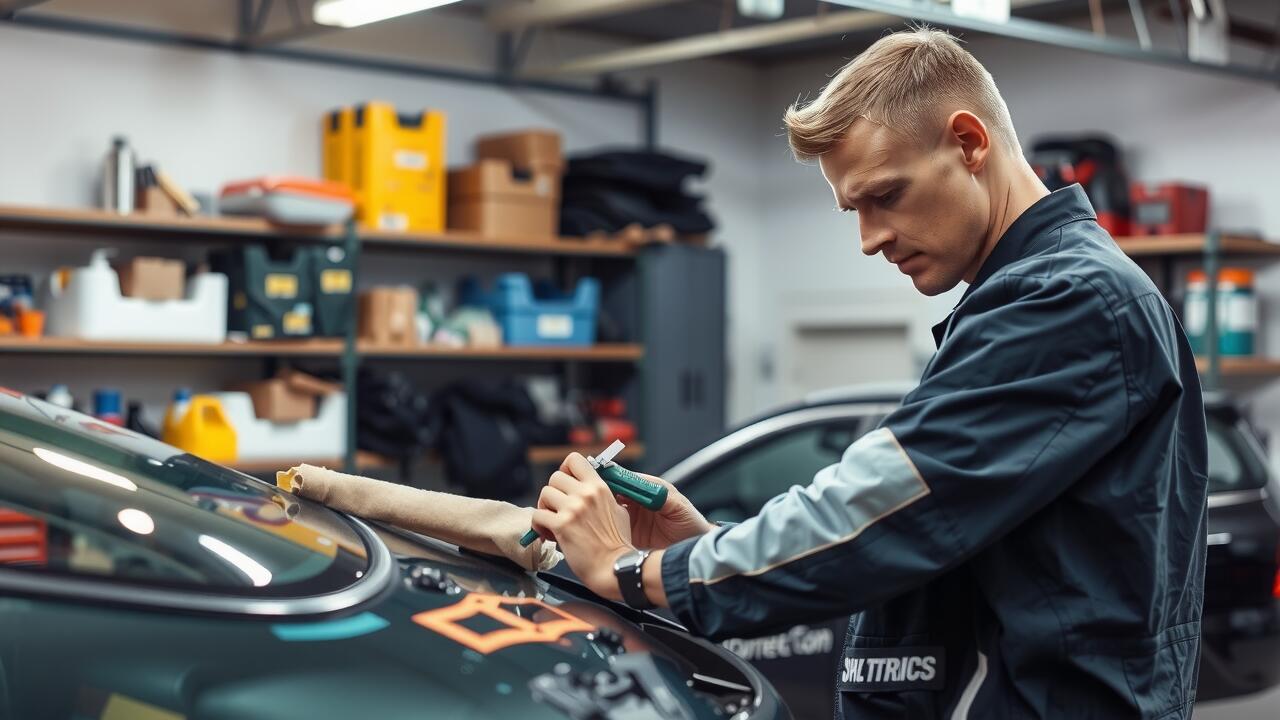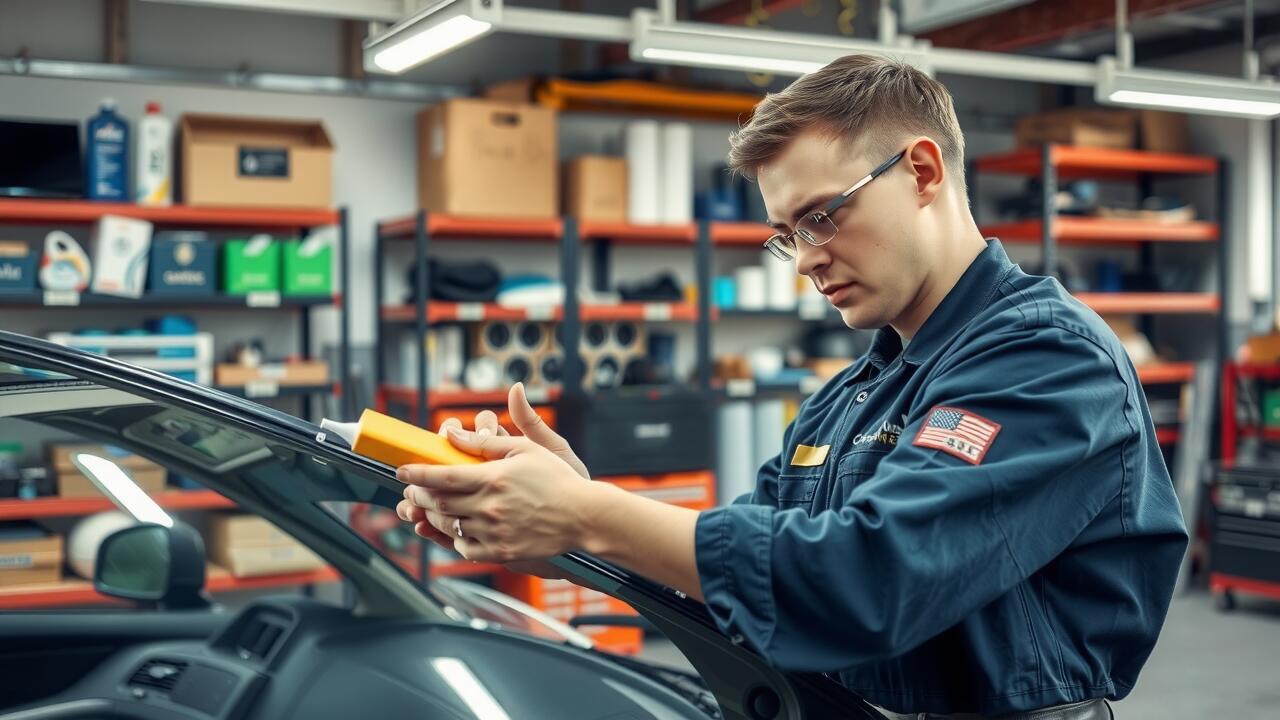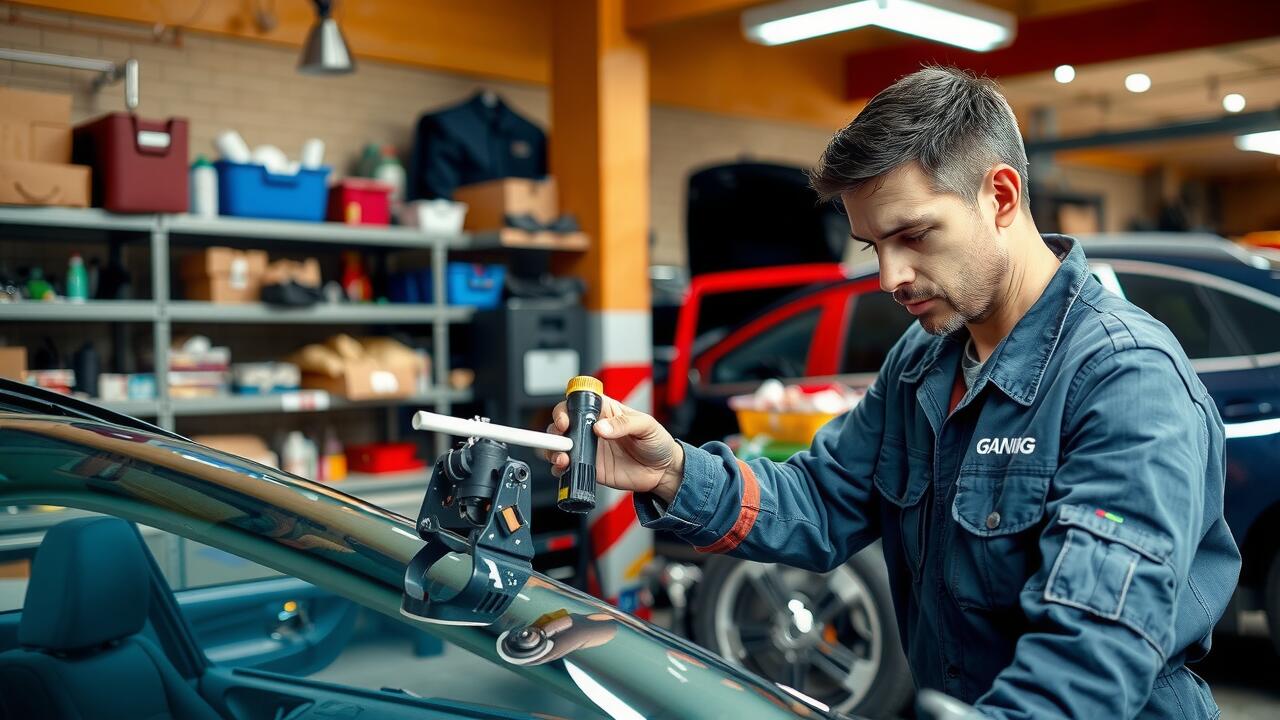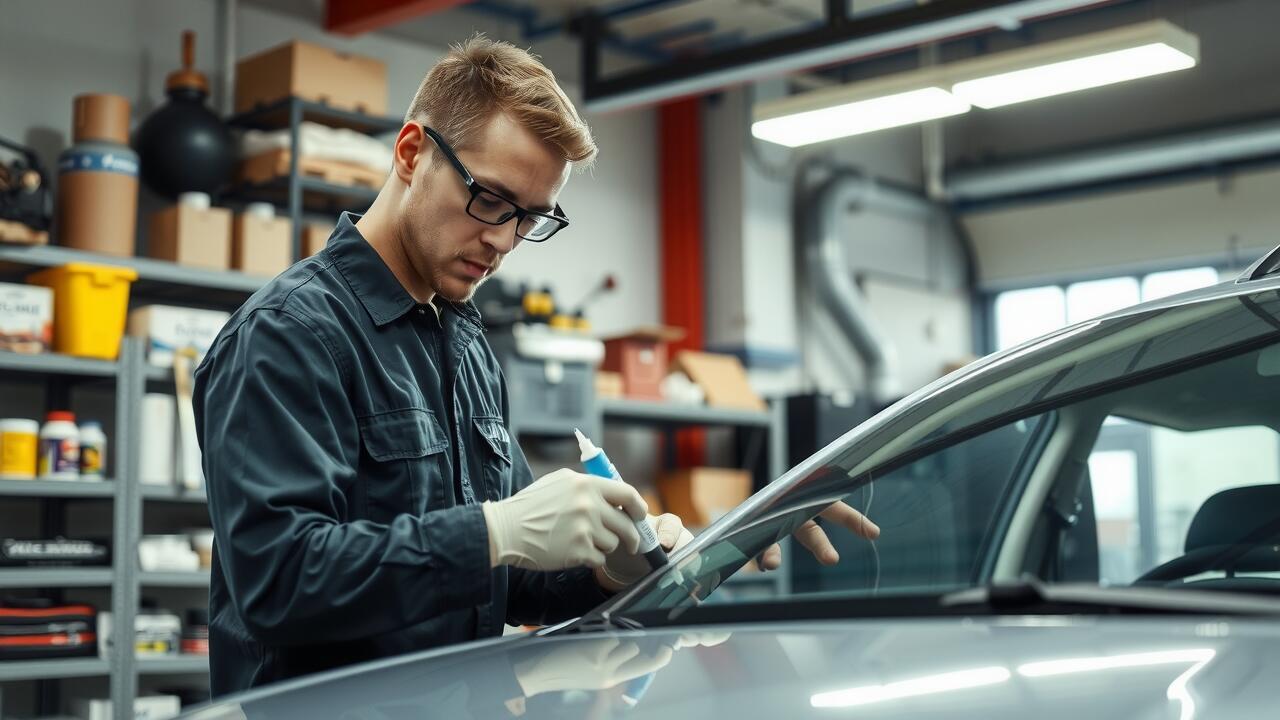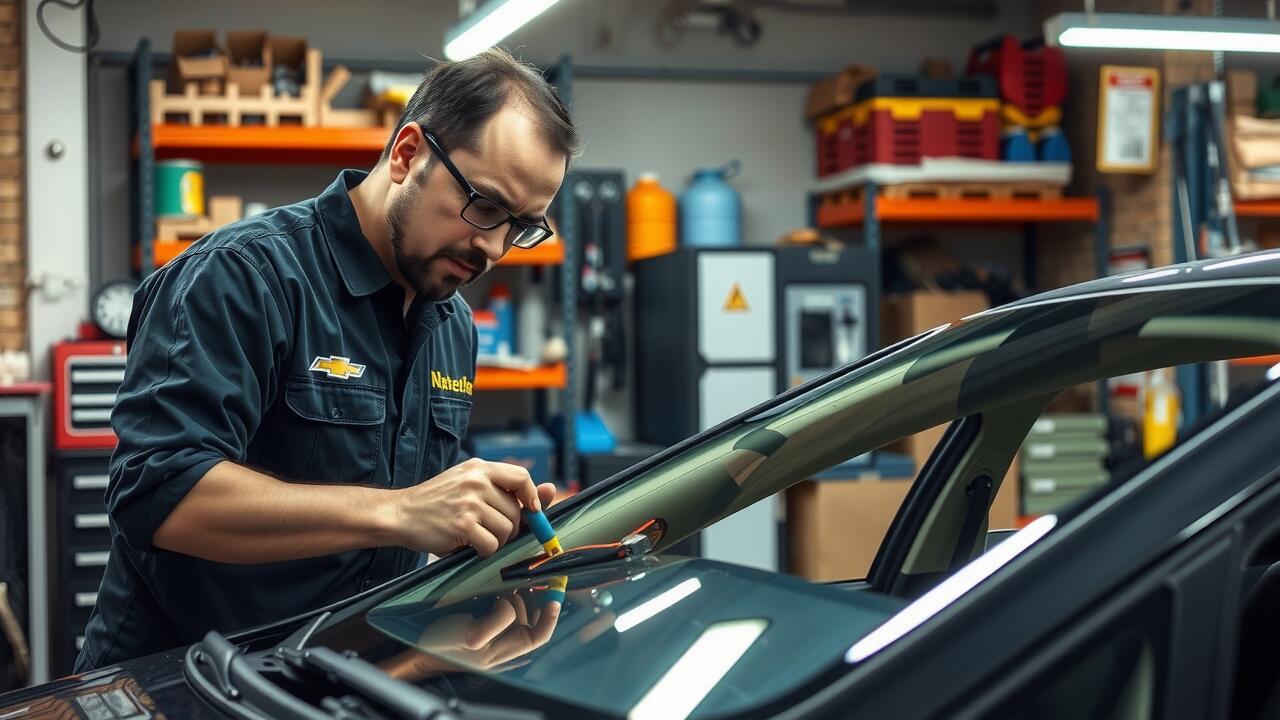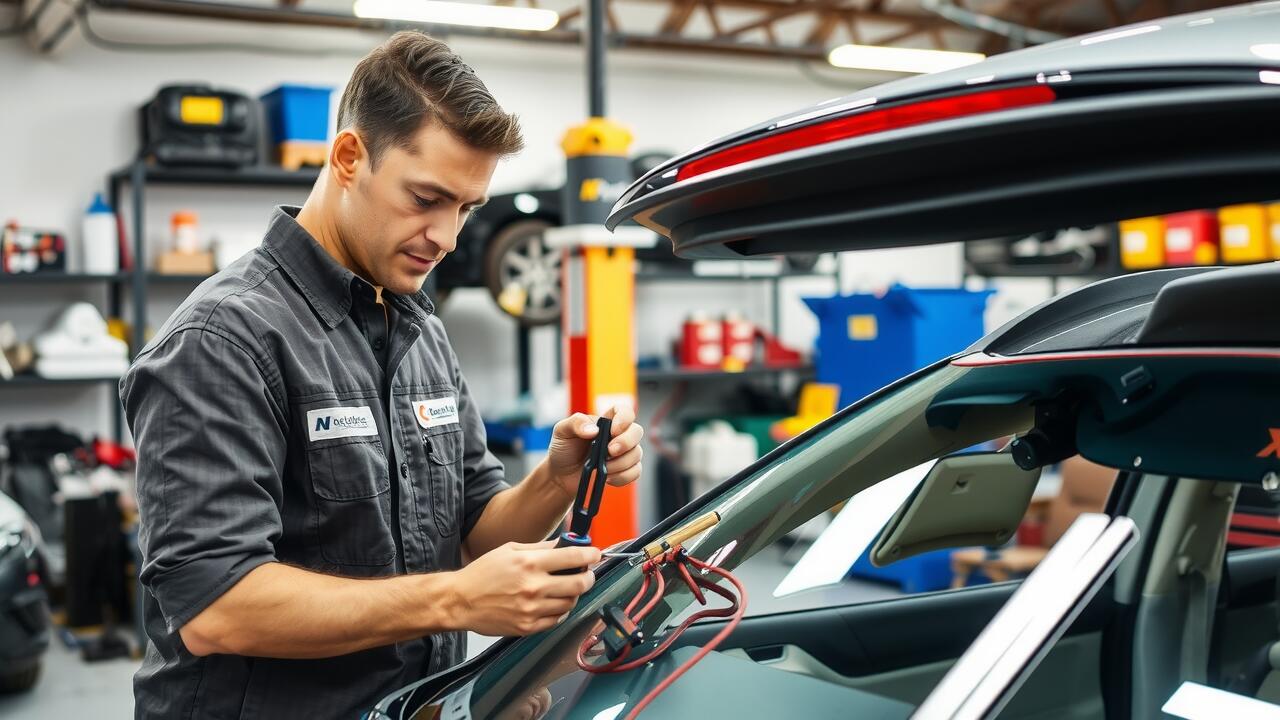
Table Of Contents
Timeframe for Installation
The timeframe for installing a sunroof can vary depending on several factors, including the type of sunroof being fitted and the specific vehicle model. Generally, the installation process can take anywhere from a few hours to an entire day. This timeframe is influenced by the complexity of the installation and whether any modifications to the vehicle’s structure are required. For those considering sunroof replacement, understanding the estimated duration can help in planning for the downtime of the vehicle.
It is important to note that not all vehicles have the same compatibility when it comes to sunroofs. Some may require additional adjustments or even custom fittings, especially for sunroof replacement. This can extend the installation time if unforeseen issues arise during the fitting. Many professionals recommend scheduling the installation during weekdays when workshops are less busy, which may also speed up the process.
How Long Does the Process Take?
The installation process for a sunroof can vary depending on several factors, including the type of sunroof being fitted and the specific vehicle model. Generally, a straightforward installation may take anywhere from two to four hours. This timeframe could be influenced by the complexity of the existing structure and whether any modifications are required. Experienced technicians can significantly streamline the process, ensuring that the installation is performed efficiently.
In cases where a more extensive sunroof replacement is necessary, the timeframe can extend to an entire day or more. Custom installations or modifications to the vehicle may require additional time for precise alignment and sealing to prevent leaks. Regardless of the time involved, ensuring that the sunroof is fitted correctly is crucial for the vehicle's performance and safety.
Sunroof Maintenance and Care
Proper maintenance of a sunroof can significantly extend its lifespan and ensure it operates smoothly. Regularly cleaning the glass and the surrounding mechanism is essential, as dirt and debris can accumulate over time. Use a soft cloth and mild cleaner to avoid scratching the surface. Checking the drainage channels for blockages is also crucial; these channels help redirect water away from the interior of the vehicle. If water begins to pool around the sunroof, it could indicate that the drainage system needs attention.
If issues arise despite maintenance, sunroof replacement may be necessary. Signs that a sunroof might need replacing include leaks, unusual noises during operation, or frustrating problems with opening and closing. It is advisable to consult with a professional who can assess the situation and provide guidance on whether repairs or a complete sunroof replacement is the best course of action. This proactive approach can save costs and prevent further damage to the vehicle's interior.
Ensuring Longevity After Installation
Regular maintenance plays a crucial role in ensuring the longevity of your sunroof. Keeping the tracks and seals clean prevents debris buildup. This simple step helps avoid any potential hindrances during operation. Regularly inspecting the sunroof for signs of wear, such as cracks in the glass or issues with the mechanism, allows you to address problems early. Neglecting these checks can lead to expensive sunroof replacement down the line.
Weather conditions can also impact your sunroof’s lifespan. Heavy rainfall may lead to leaks if seals degrade, so ensuring they remain intact is essential. Additionally, during the hotter months, consider using a sunshade to protect the interior of your vehicle from excessive heat. This not only enhances comfort but also prevents damage to the sunroof’s components. A proactive approach to care can significantly increase the durability of your sunroof and reduce the likelihood of needing a sunroof replacement.
Types of Vehicles Suitable for Sunroofs
Sunroofs can enhance the aesthetic appeal and driving experience of many vehicles, but suitability varies across different makes and models. Generally, sedans, SUVs, and premium hatchbacks are the most compatible with sunroof installations. These types of vehicles often have the necessary structural integrity to support the additional weight and alterations required for a sunroof. Additionally, many manufacturers design these models with sunroof options in mind, making aftermarket installations relatively straightforward.
While sedan and SUV owners might find it easier to add a sunroof, not all vehicles are ideal candidates. Smaller cars or those with complex roof designs can pose challenges during the installation process. In such cases, sunroof replacement can become tricky and may even require extensive modifications. Vehicle owners considering such an upgrade should consult professionals to ensure their choice aligns with both the vehicle's specifications and their personal style preferences.
Compatibility with Different Makes and Models
When considering the installation of a sunroof, it's essential to understand that not all vehicles are compatible with this modification. The structural integrity of a car can be affected by adding a sunroof. Each make and model has distinct build qualities, which can impact the installation process and the type of sunroof that can be fitted. Researching specific vehicle requirements is crucial to ensure a successful installation that maintains both function and aesthetic appeal.
Some vehicles are pre-engineered to accommodate sunroof installations, making them more suitable candidates for this upgrade. However, owners of cars that were not designed with this feature in mind may need to pursue options like a "Sunroof Replacement" to achieve a desired outcome. Various aftermarket solutions exist, but it's vital to consult with professionals who specialize in sunroof installations to assess compatibility with different makes and models effectively.
FAQS
How much does it typically cost to have a sunroof fitted to my vehicle?
The cost of fitting a sunroof can vary significantly depending on the type of sunroof, the complexity of the installation, and the make and model of your vehicle. On average, you can expect to pay between $1,000 and $3,000.
Are there different types of sunroofs available?
Yes, there are several types of sunroofs including pop-up, sliding, panoramic, and fixed sunroofs. Each type varies in design, functionality, and cost, so it’s essential to choose the one that best suits your needs.
Will fitting a sunroof affect my vehicle's warranty?
It can potentially affect your vehicle’s warranty, especially if the installation is not performed by a certified professional. It's advisable to check with your vehicle manufacturer or dealer to understand how a sunroof installation may impact your warranty.
How long does it take to install a sunroof?
The installation process typically takes between 4 to 8 hours, depending on the type of sunroof being installed and the specific requirements of your vehicle.
What maintenance is required for a sunroof?
Regular maintenance includes cleaning the tracks and seals, ensuring the drainage system is clear, and checking for any signs of wear or damage. Proper care can help extend the longevity of your sunroof and prevent leaks.

